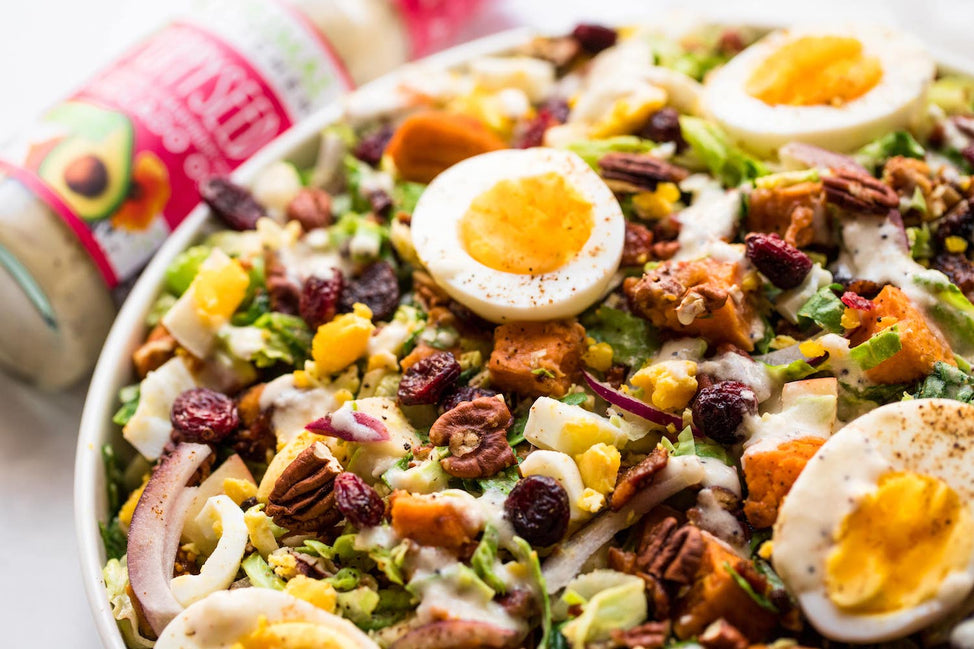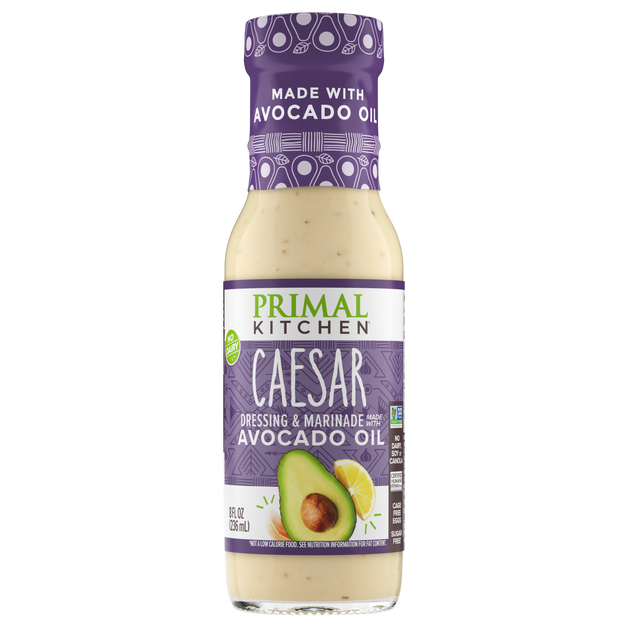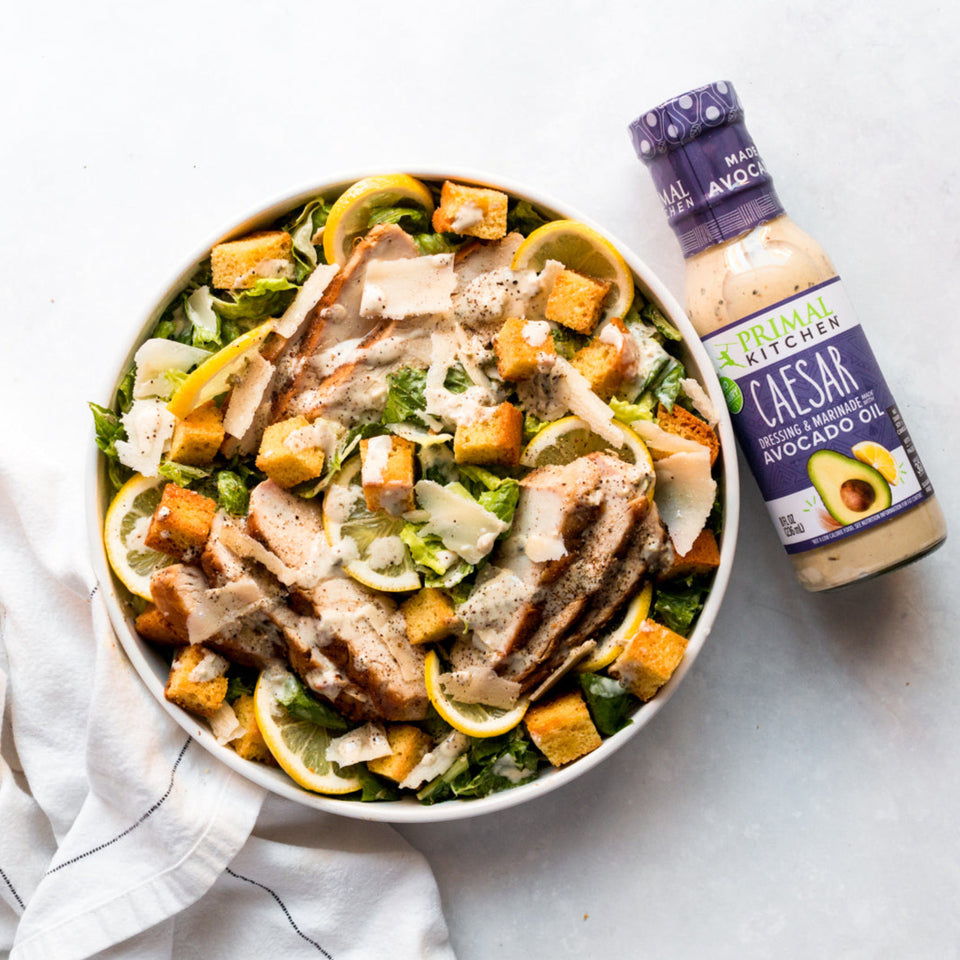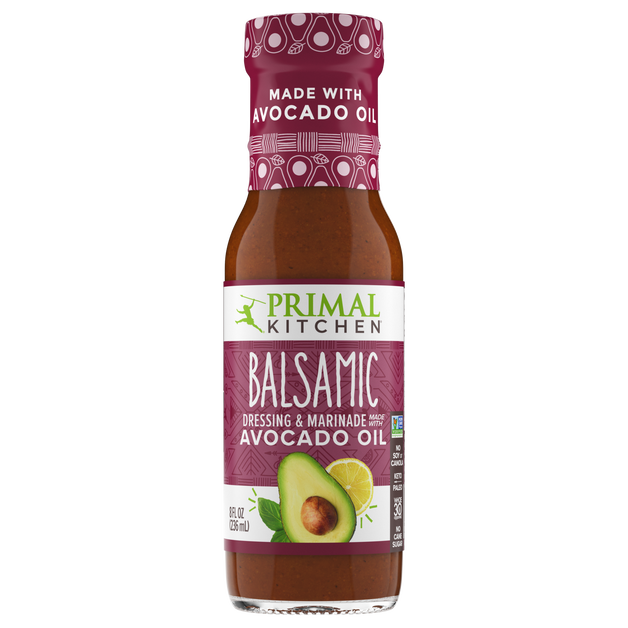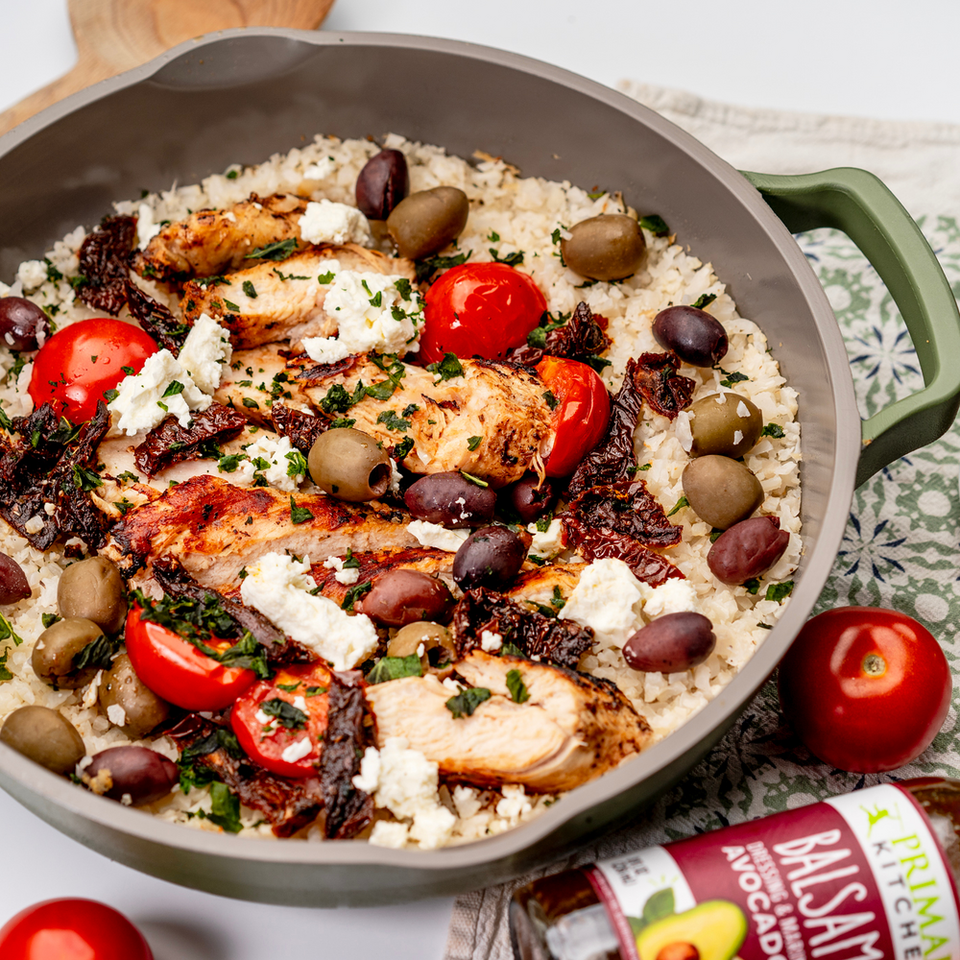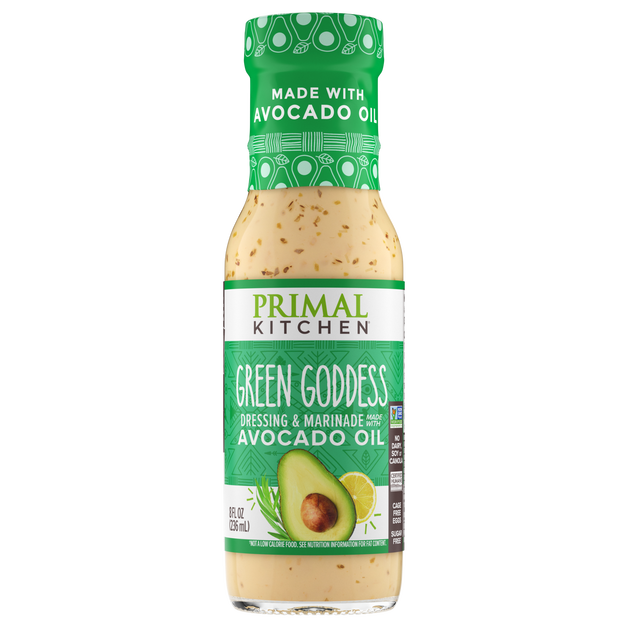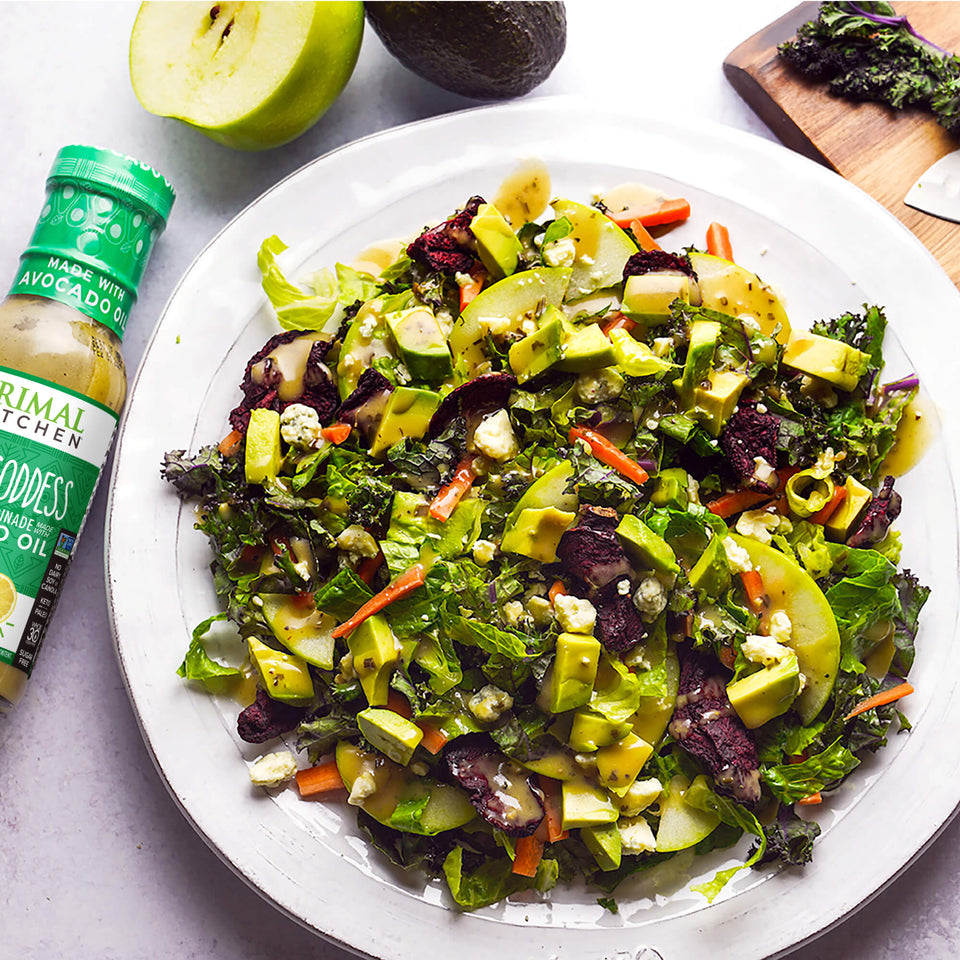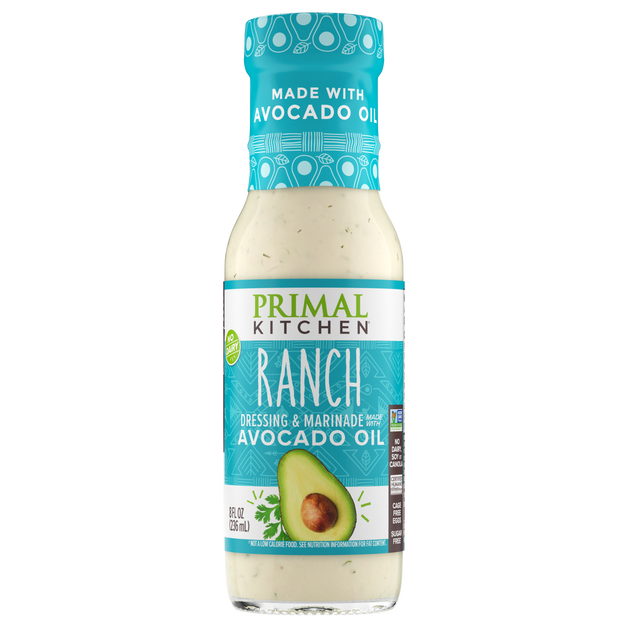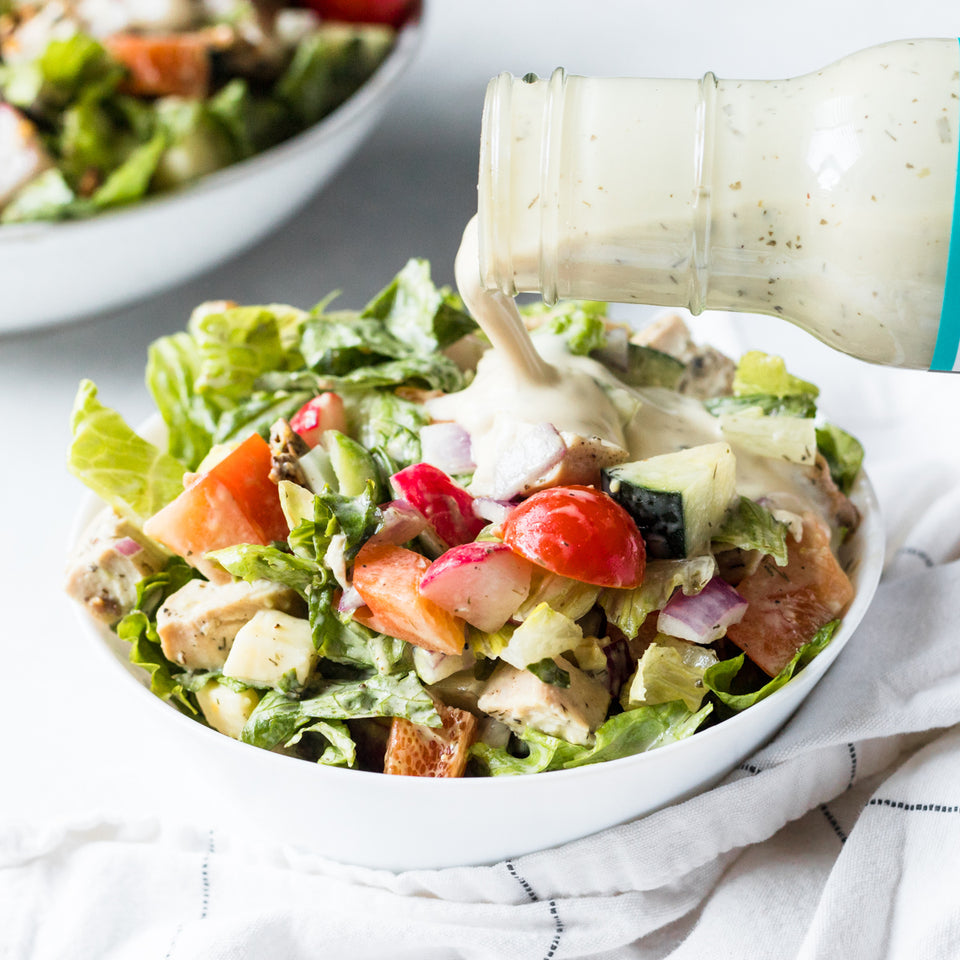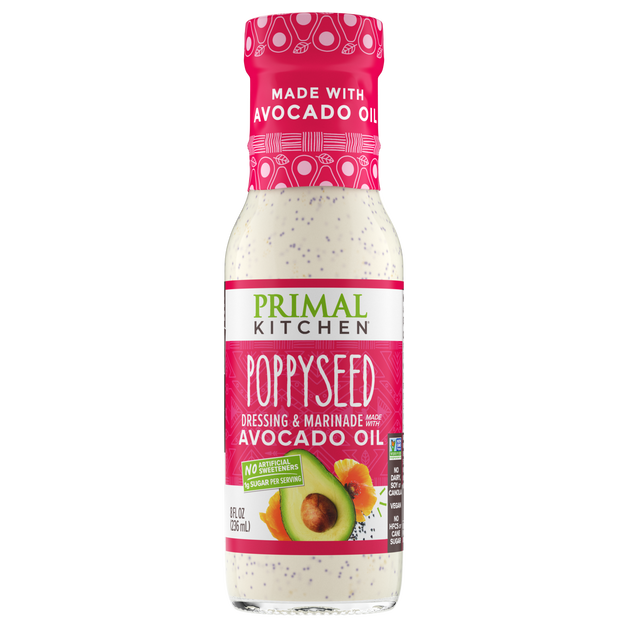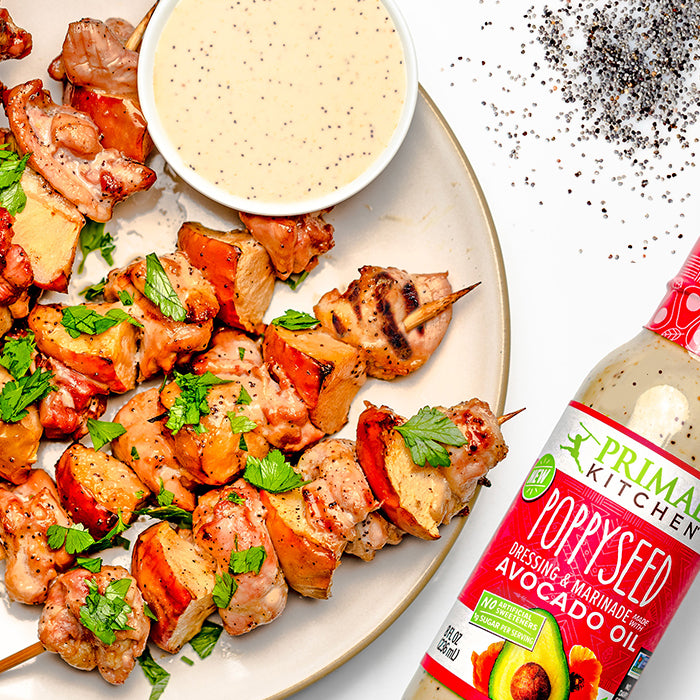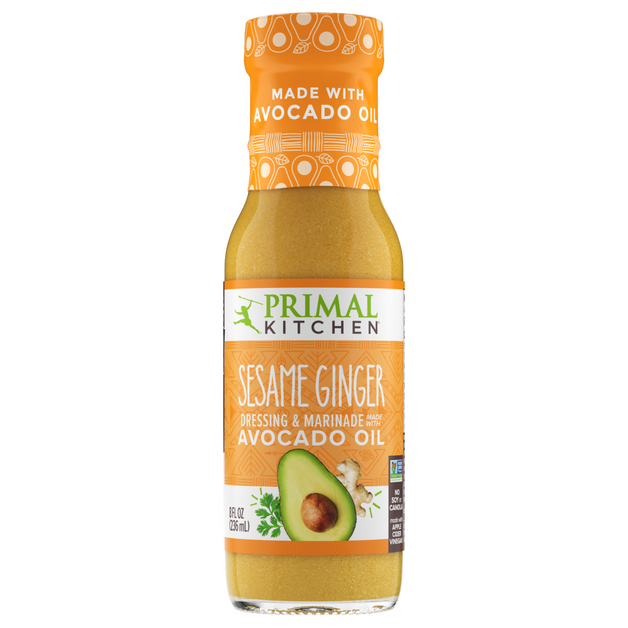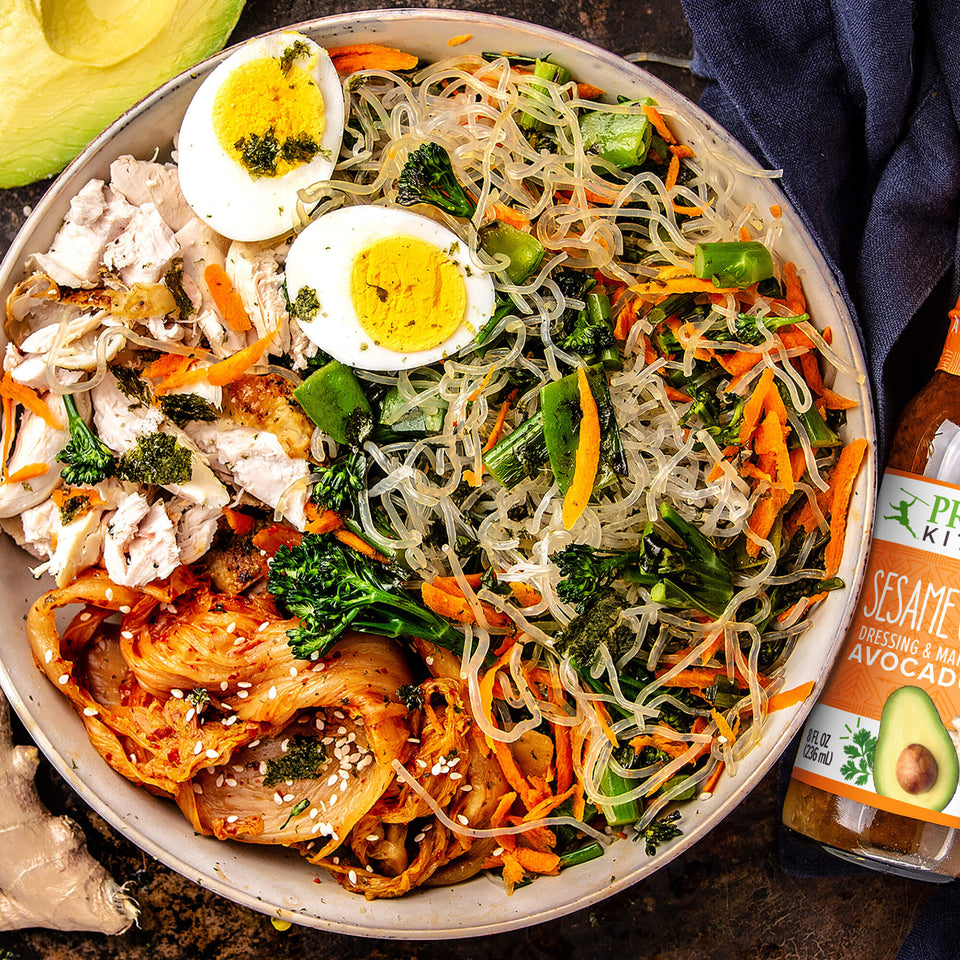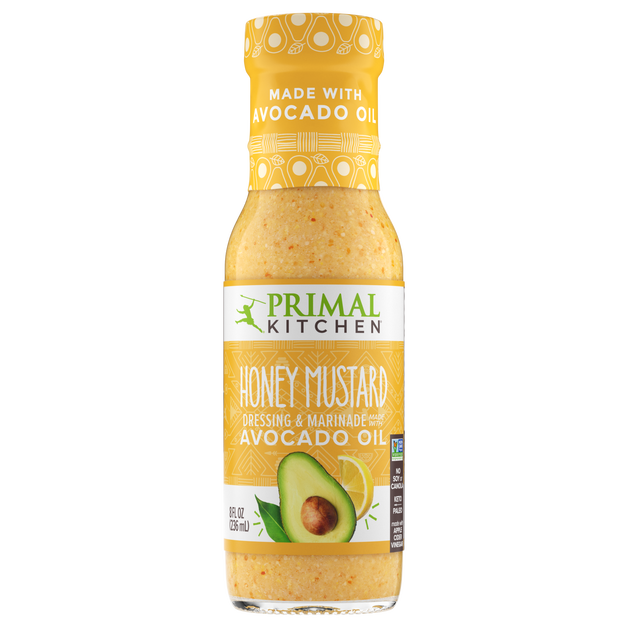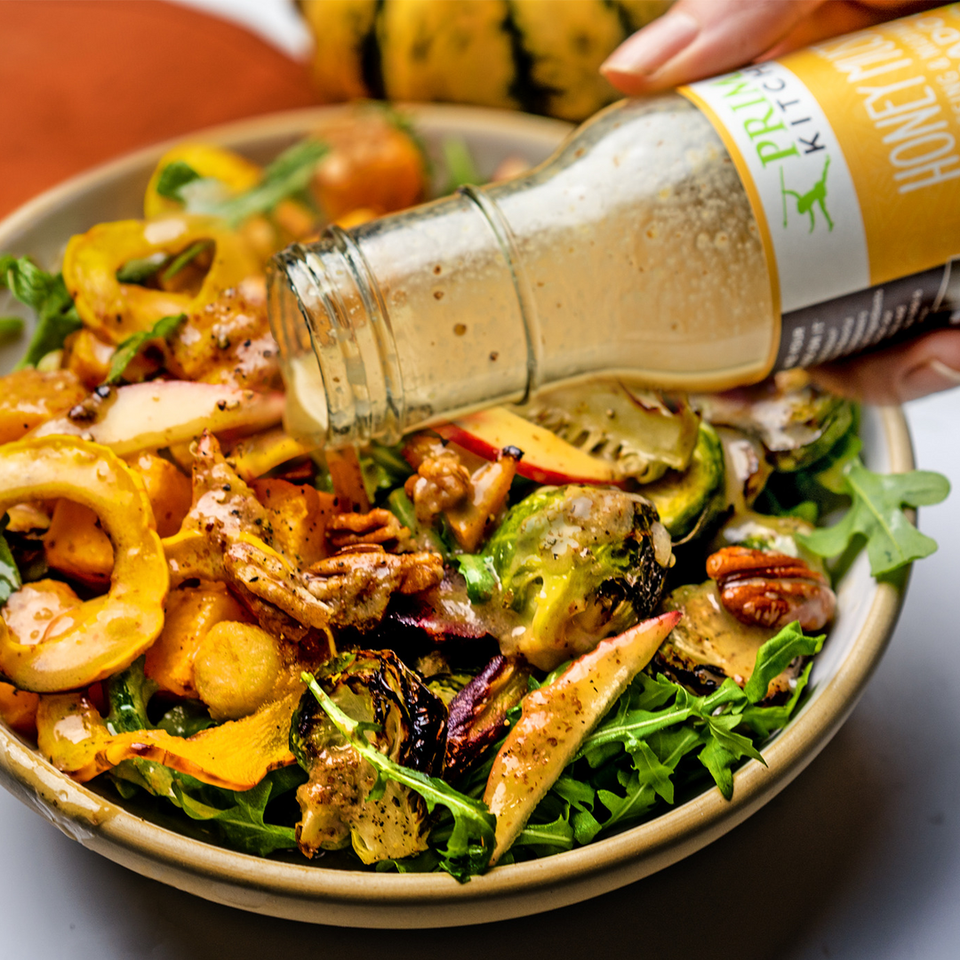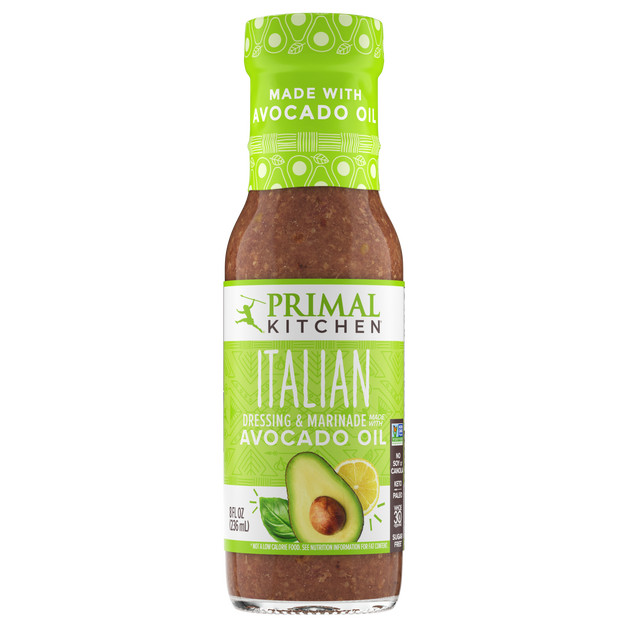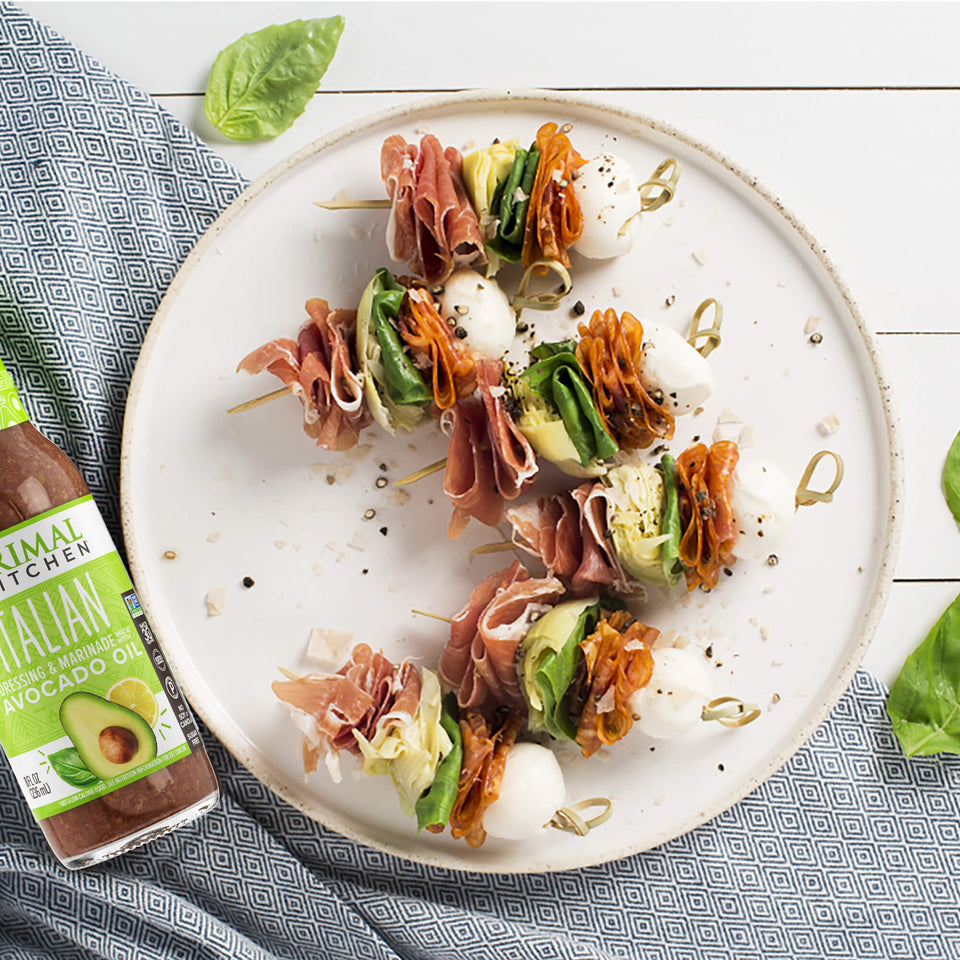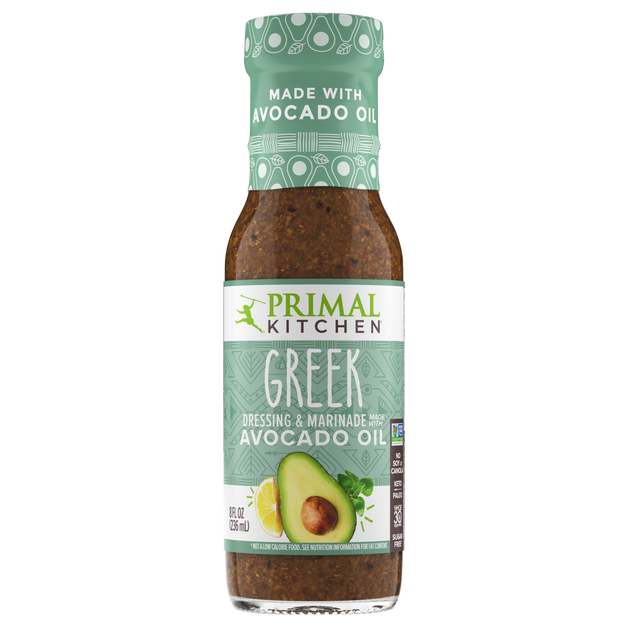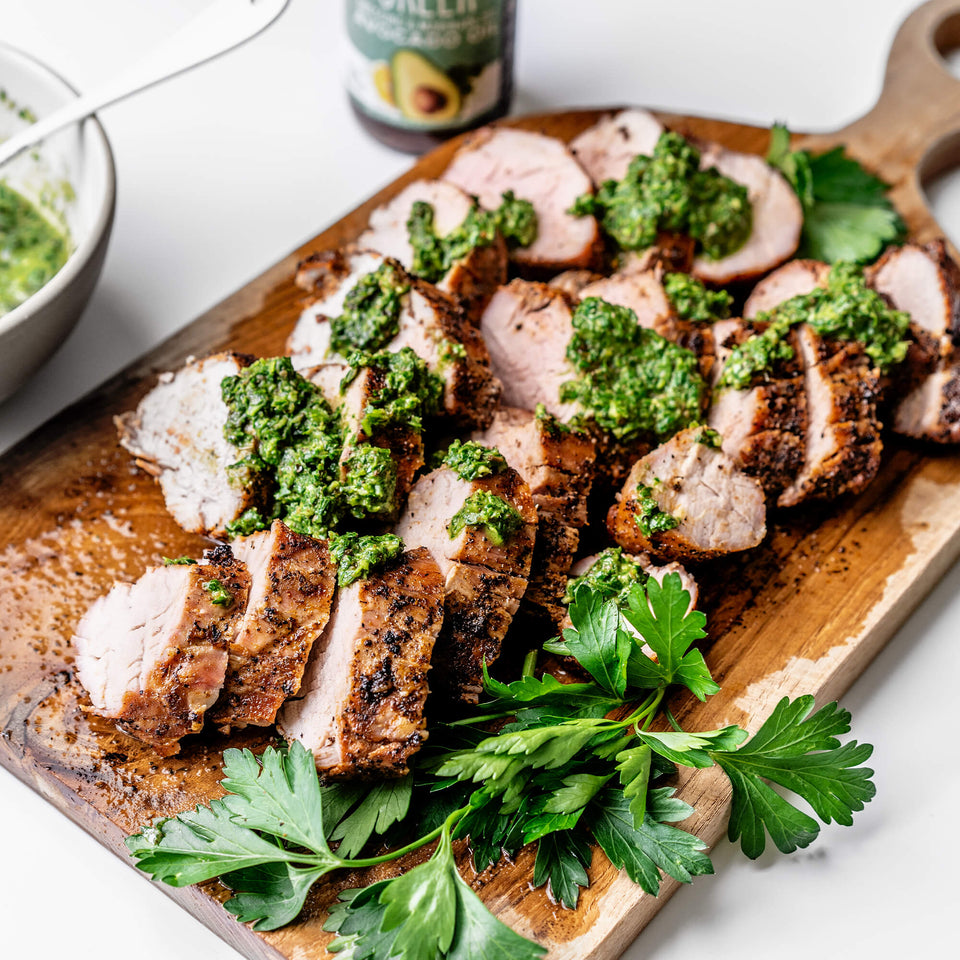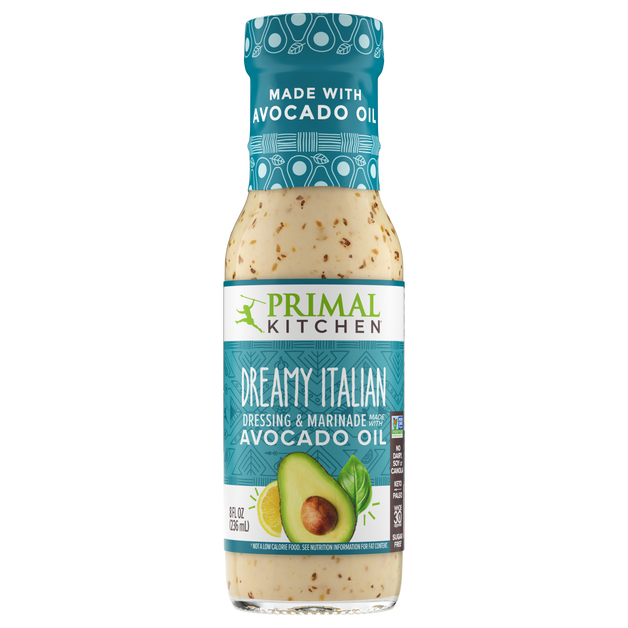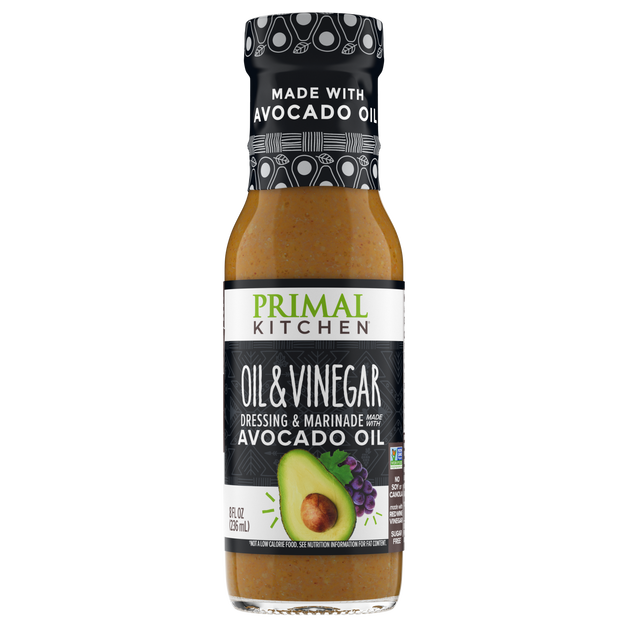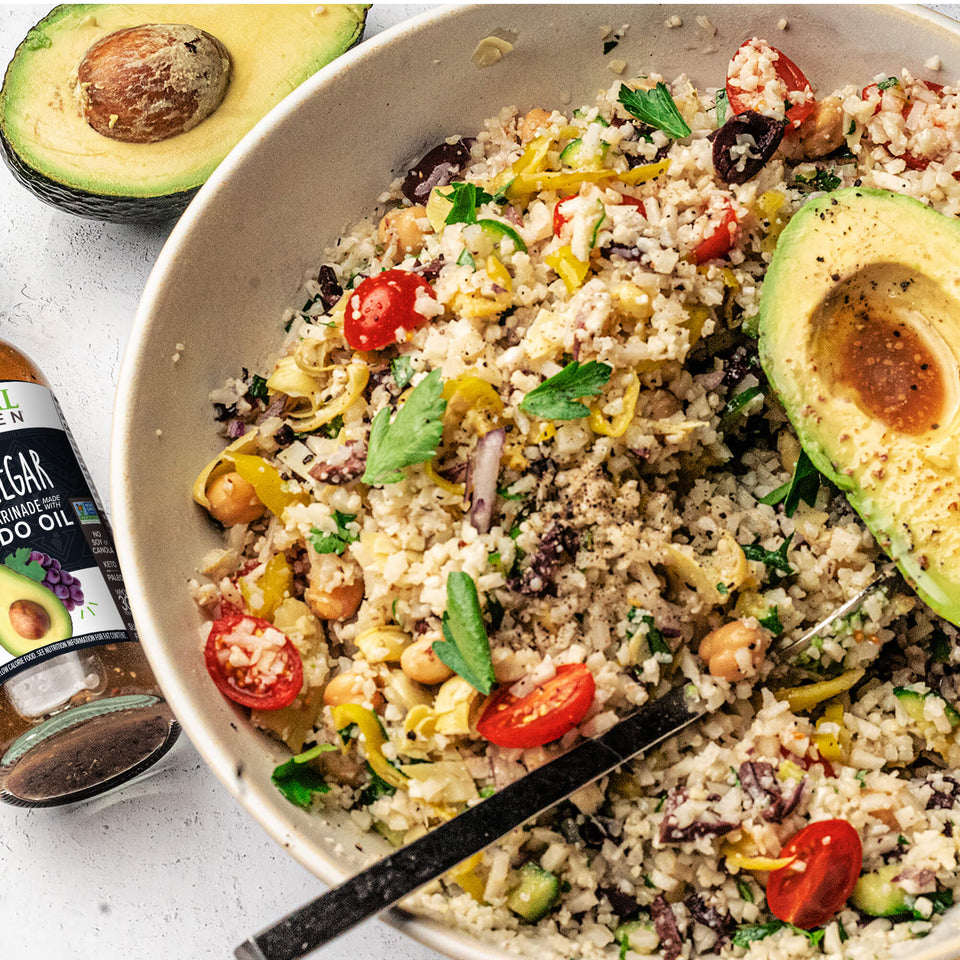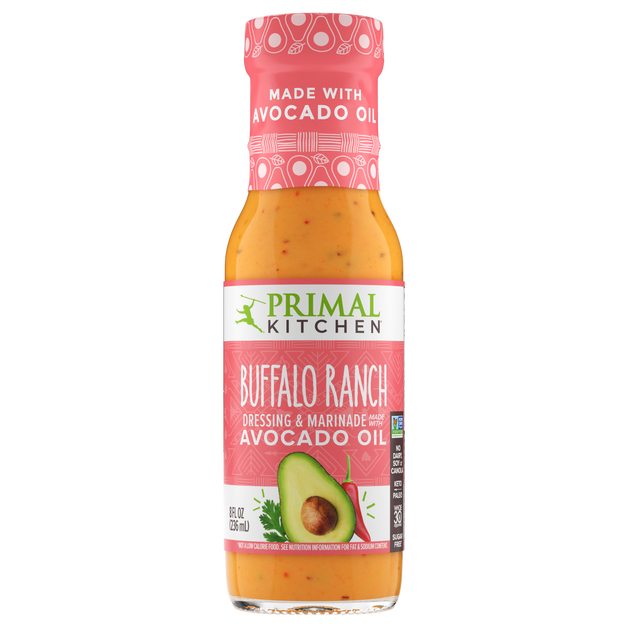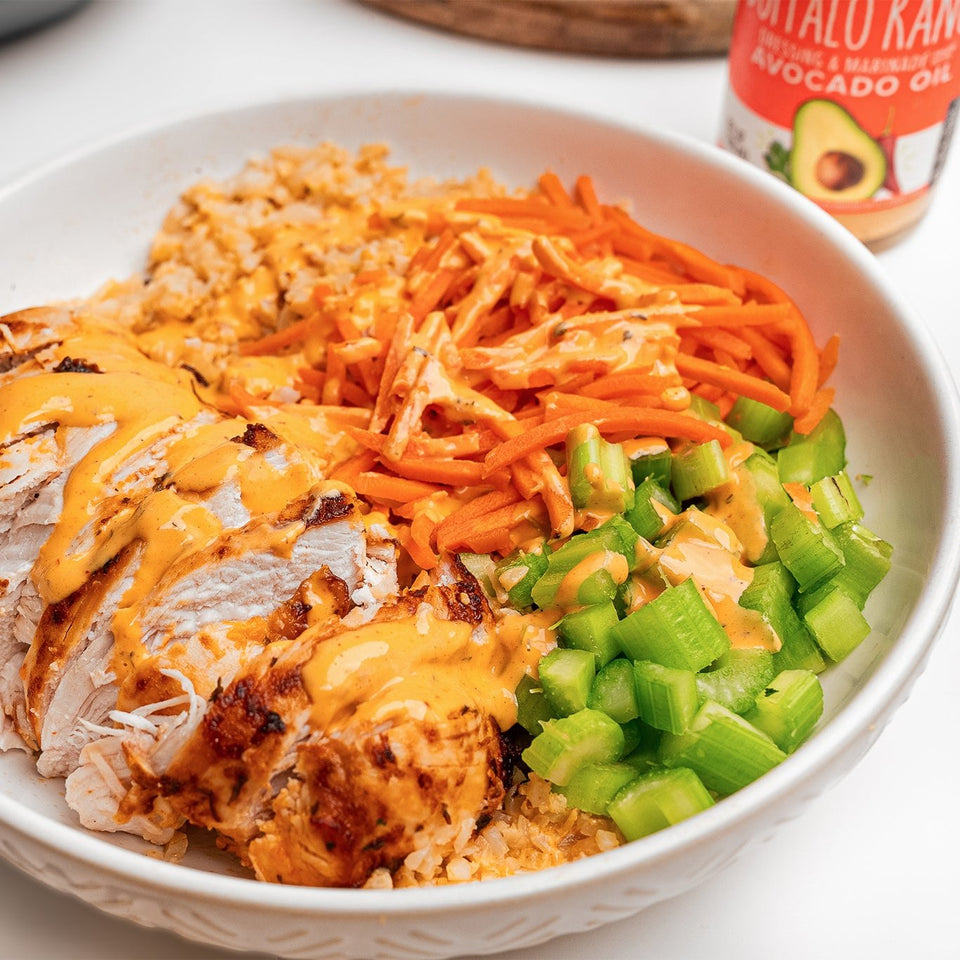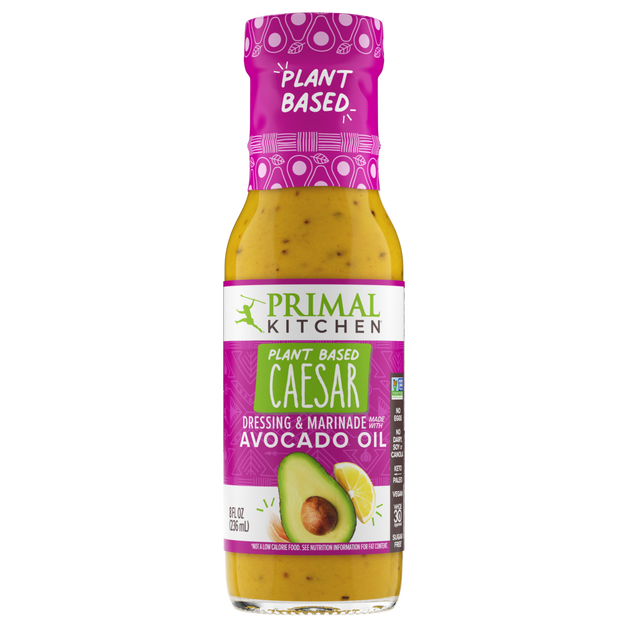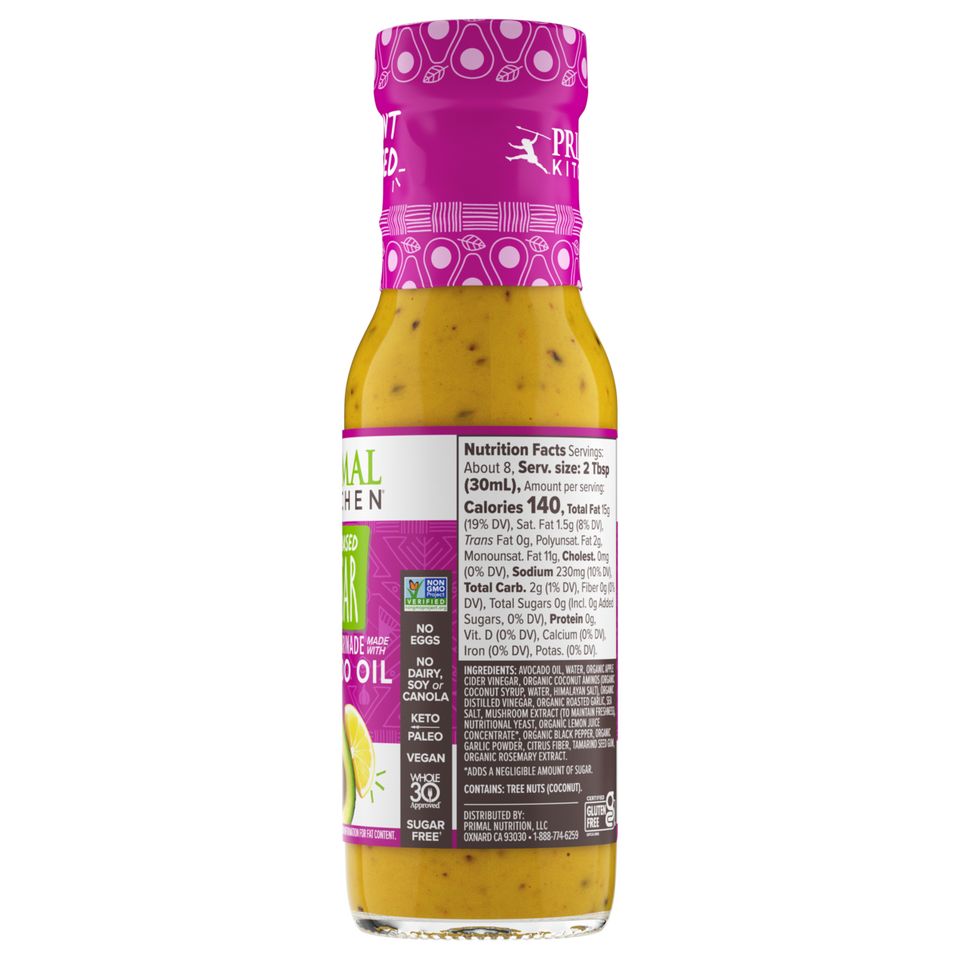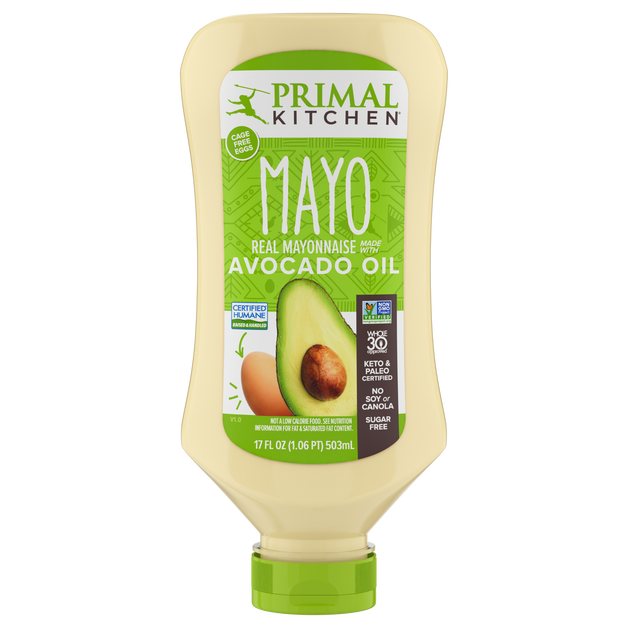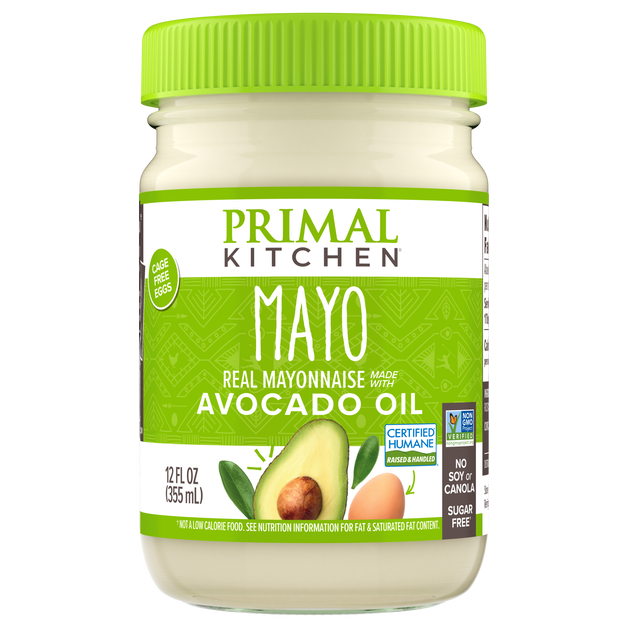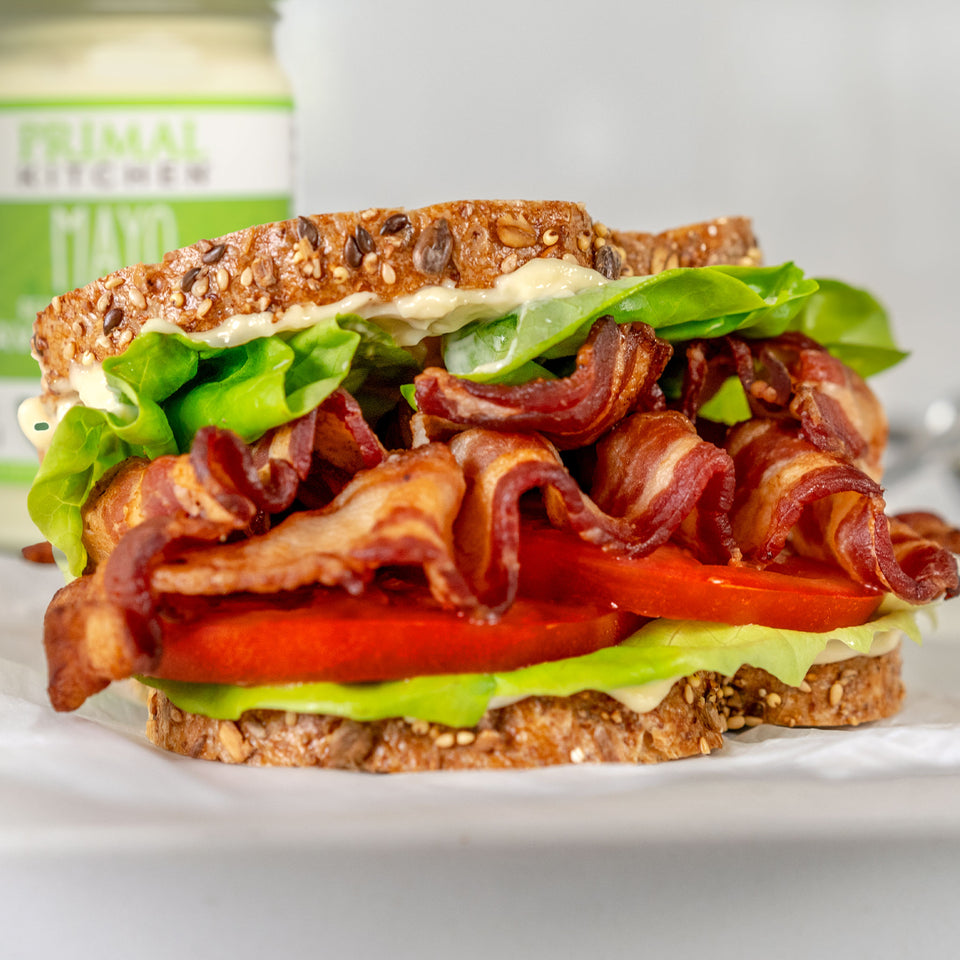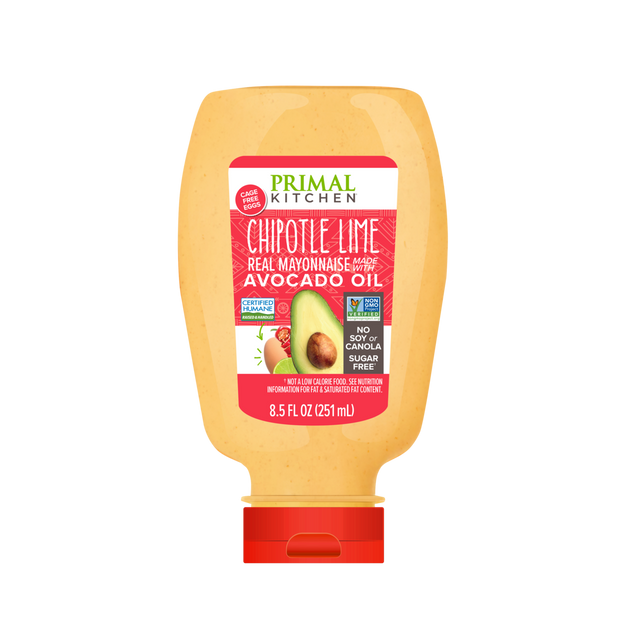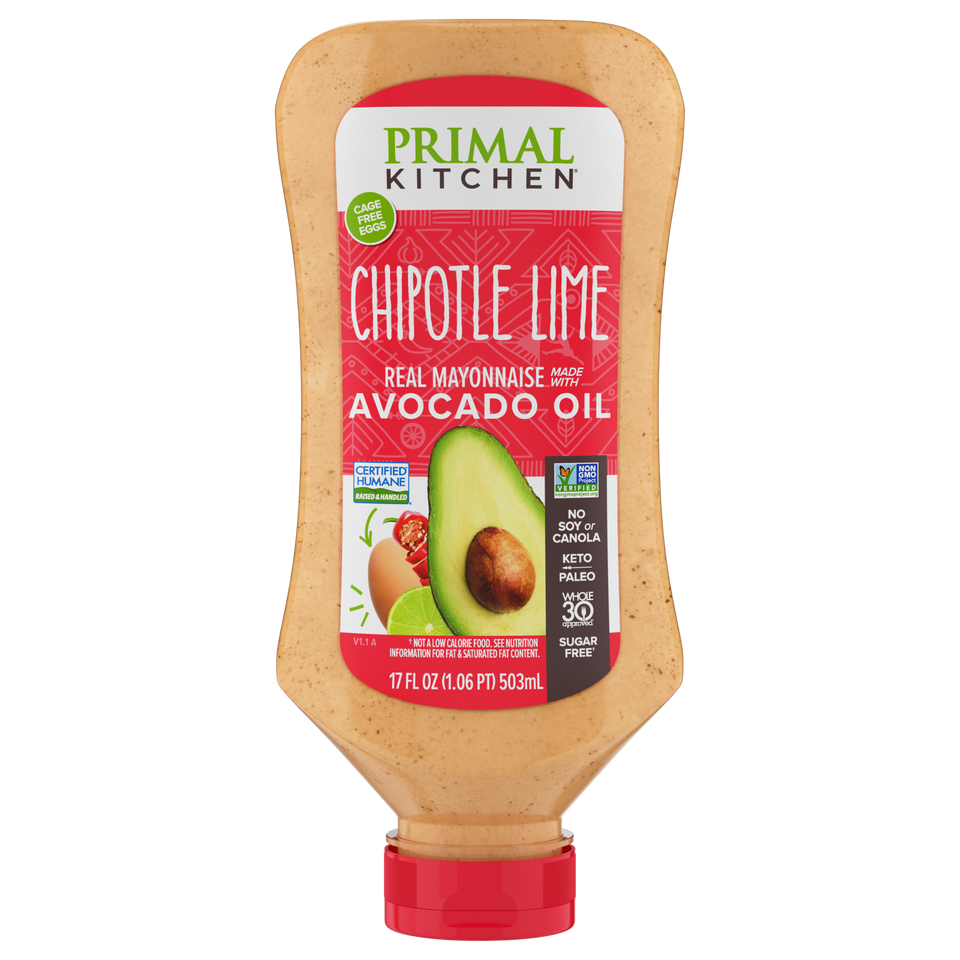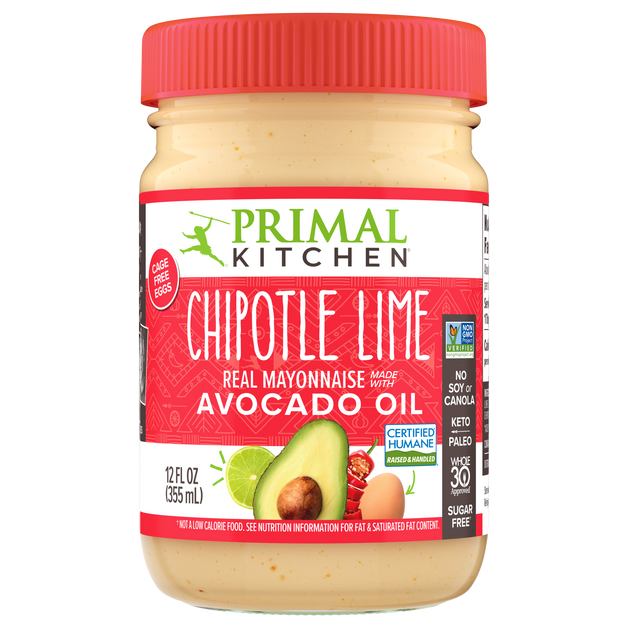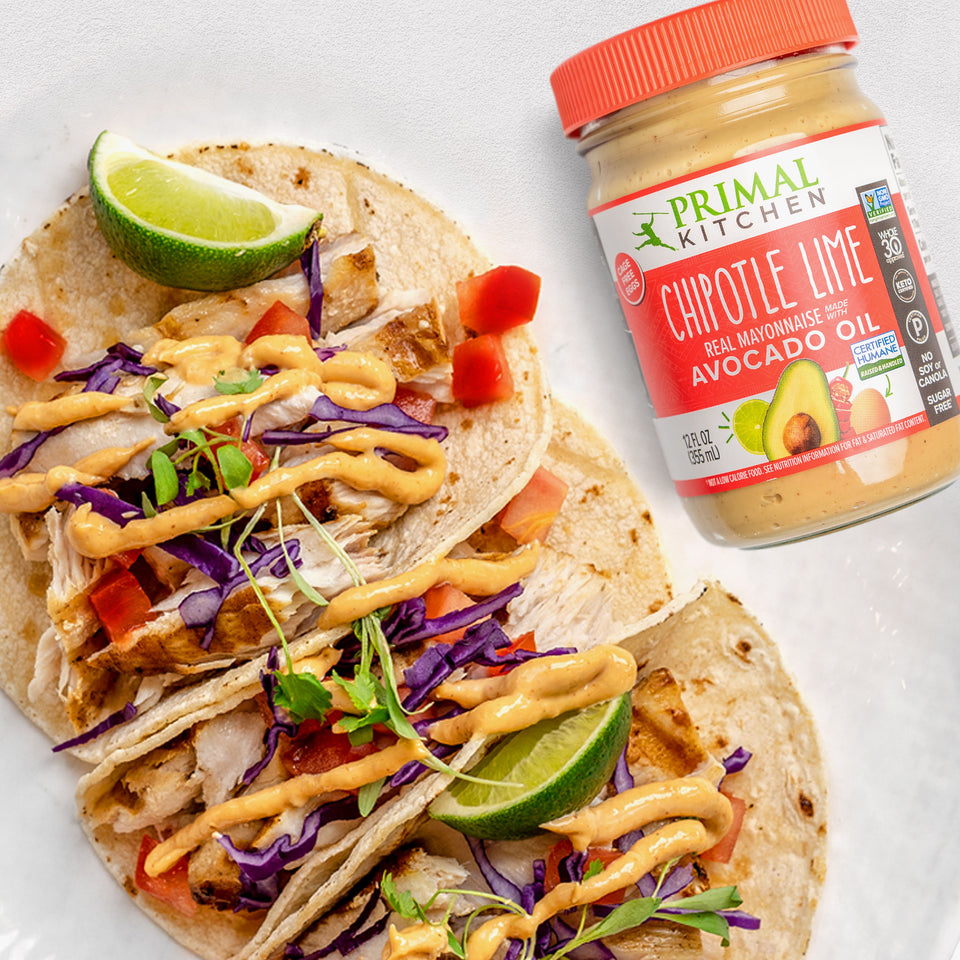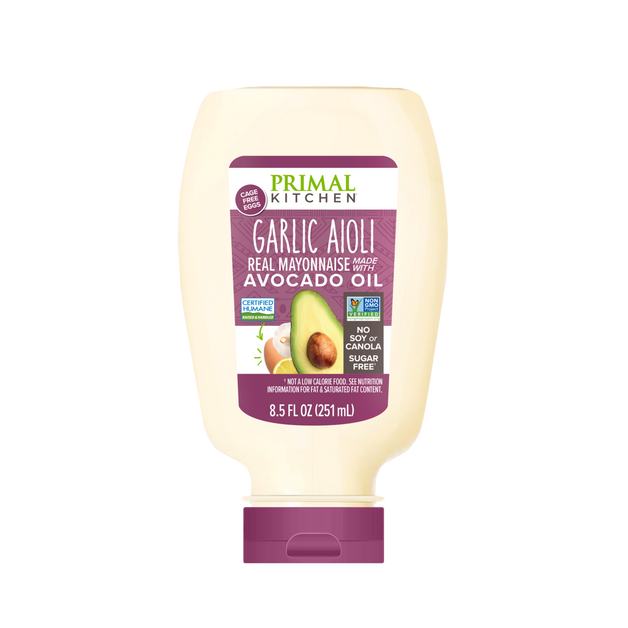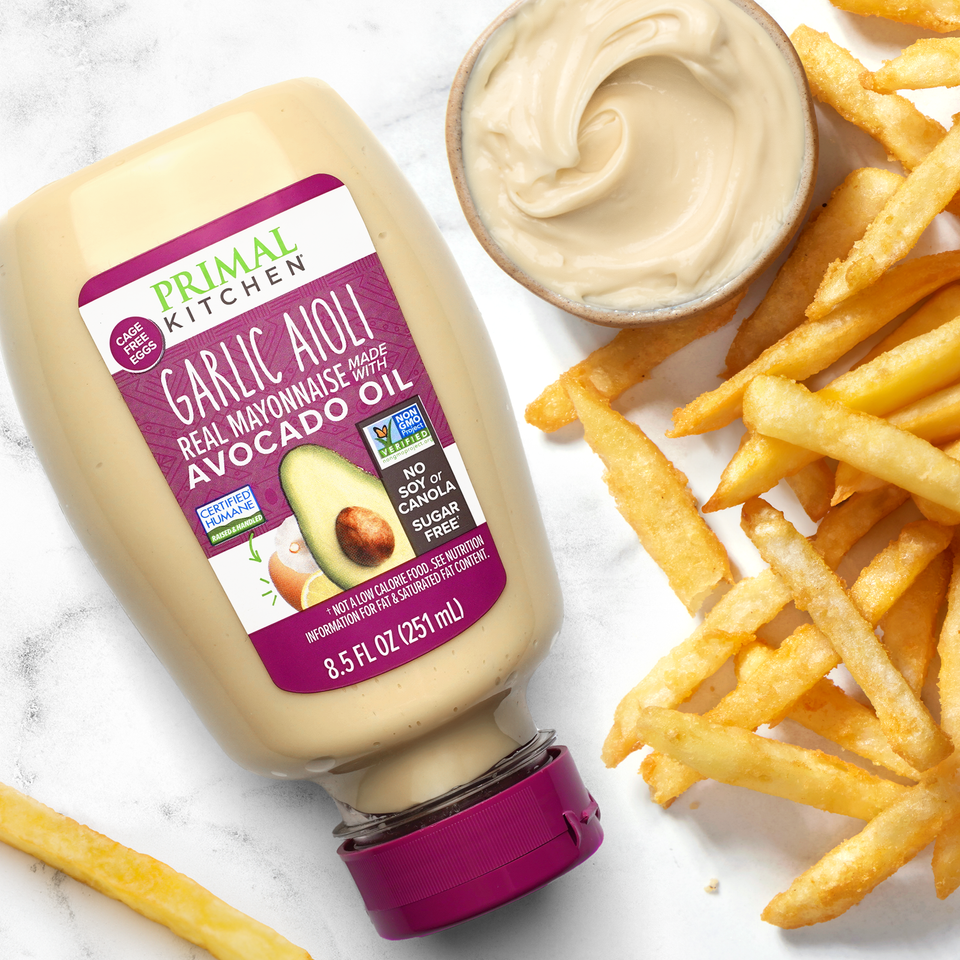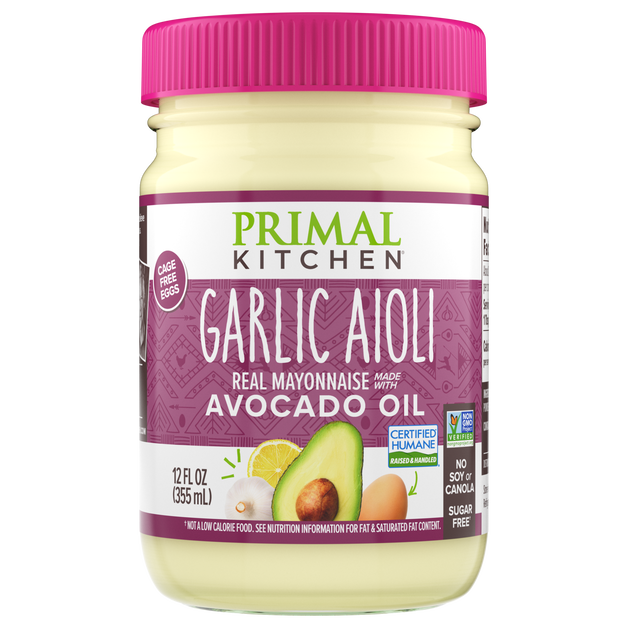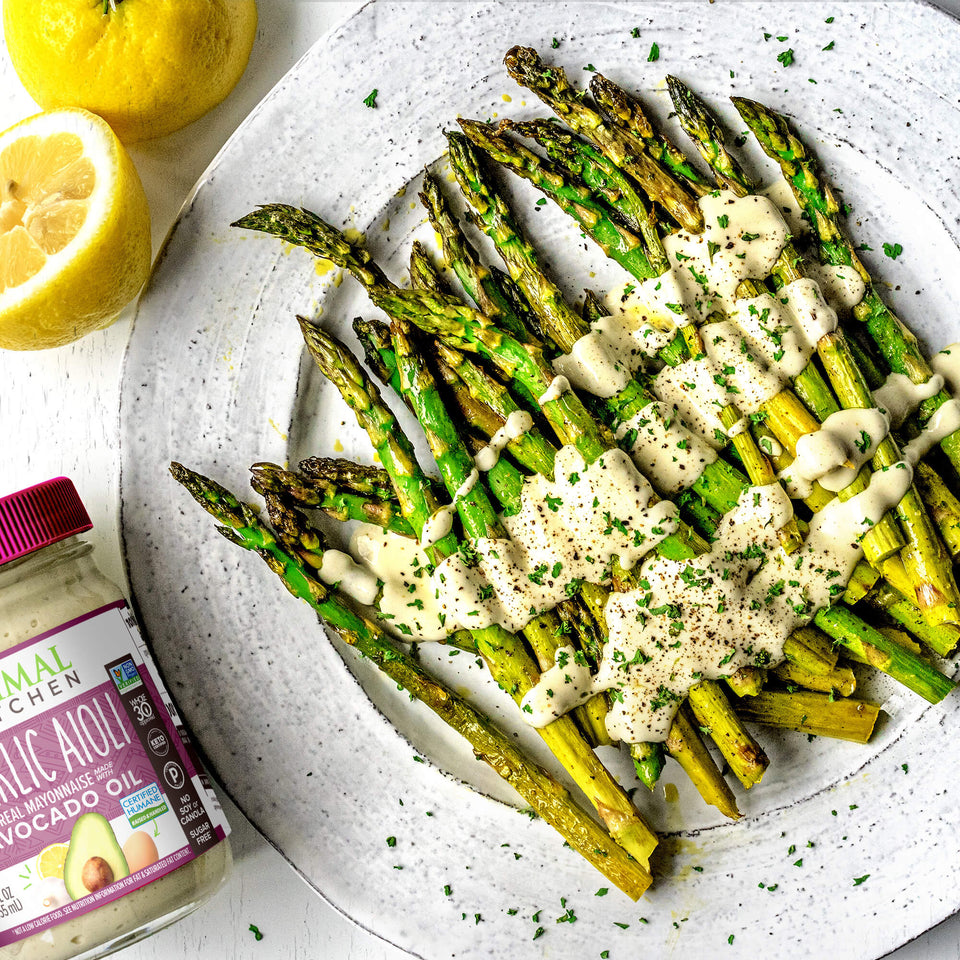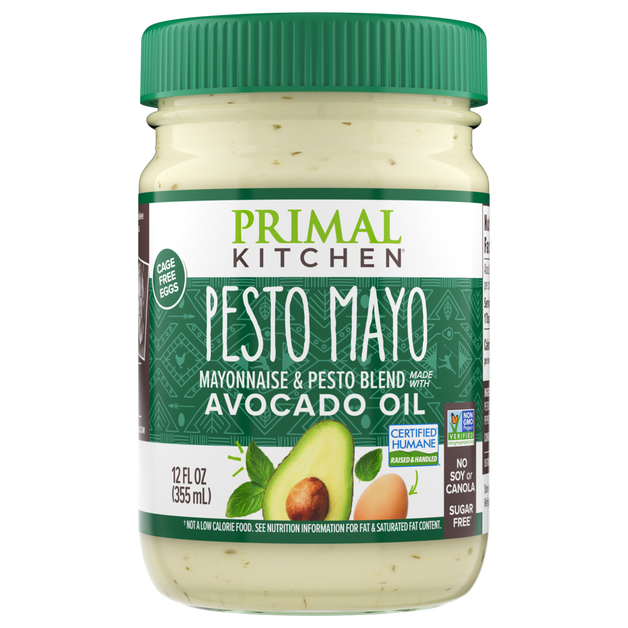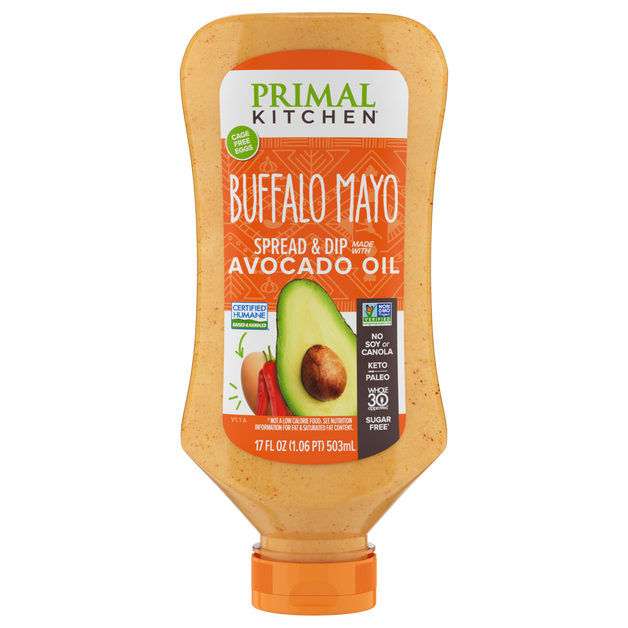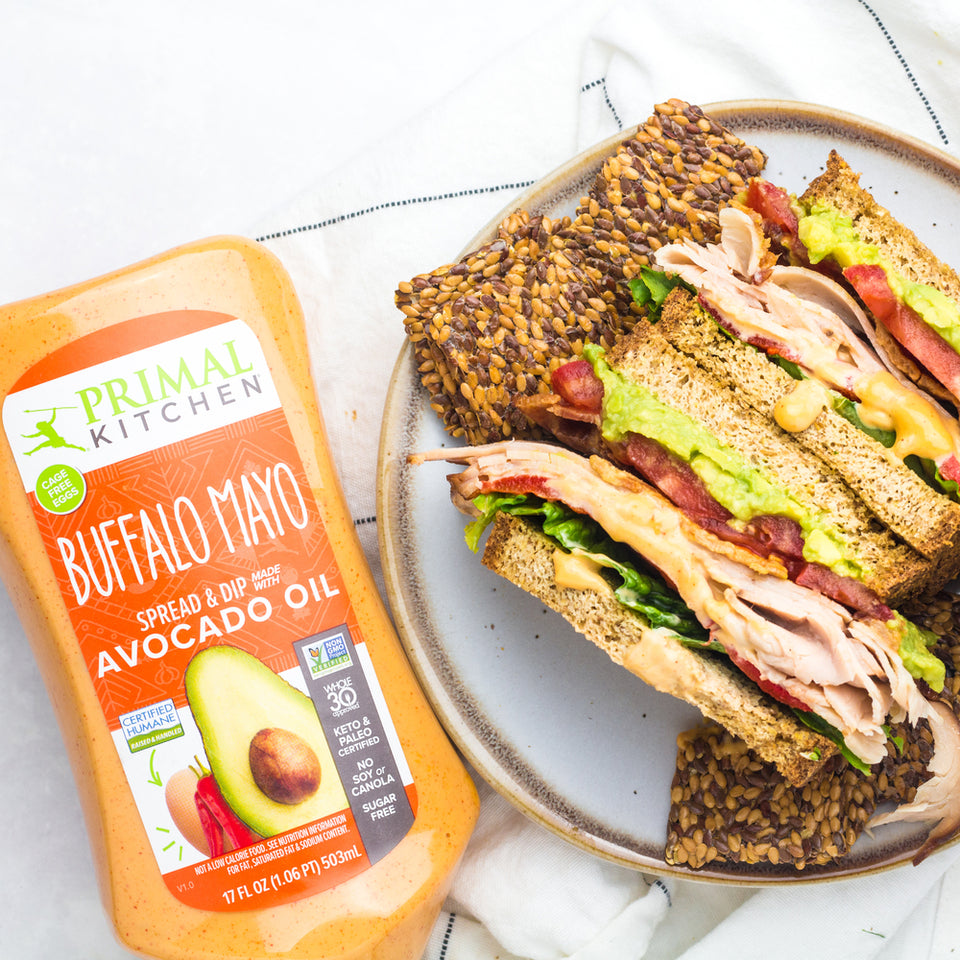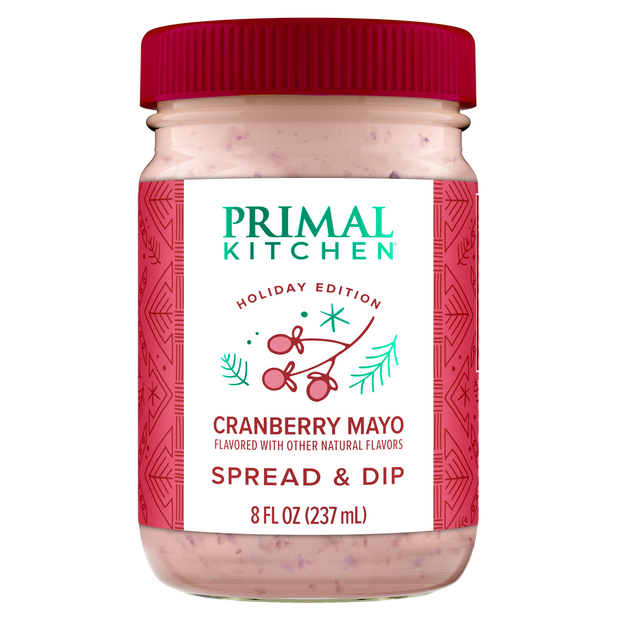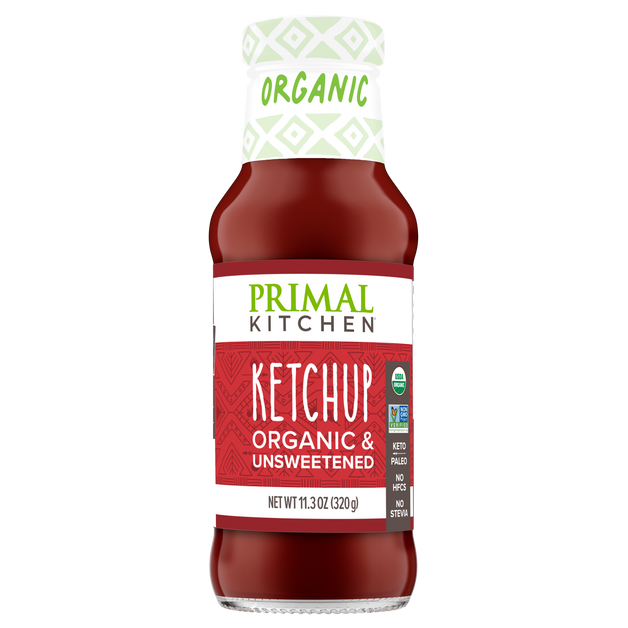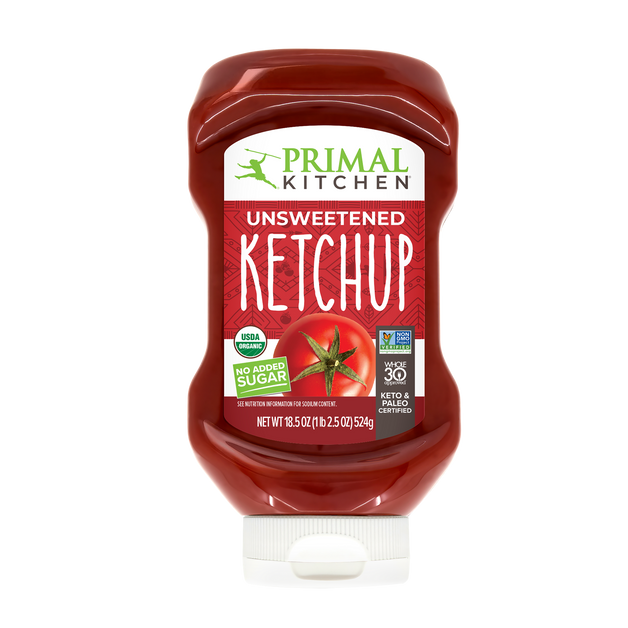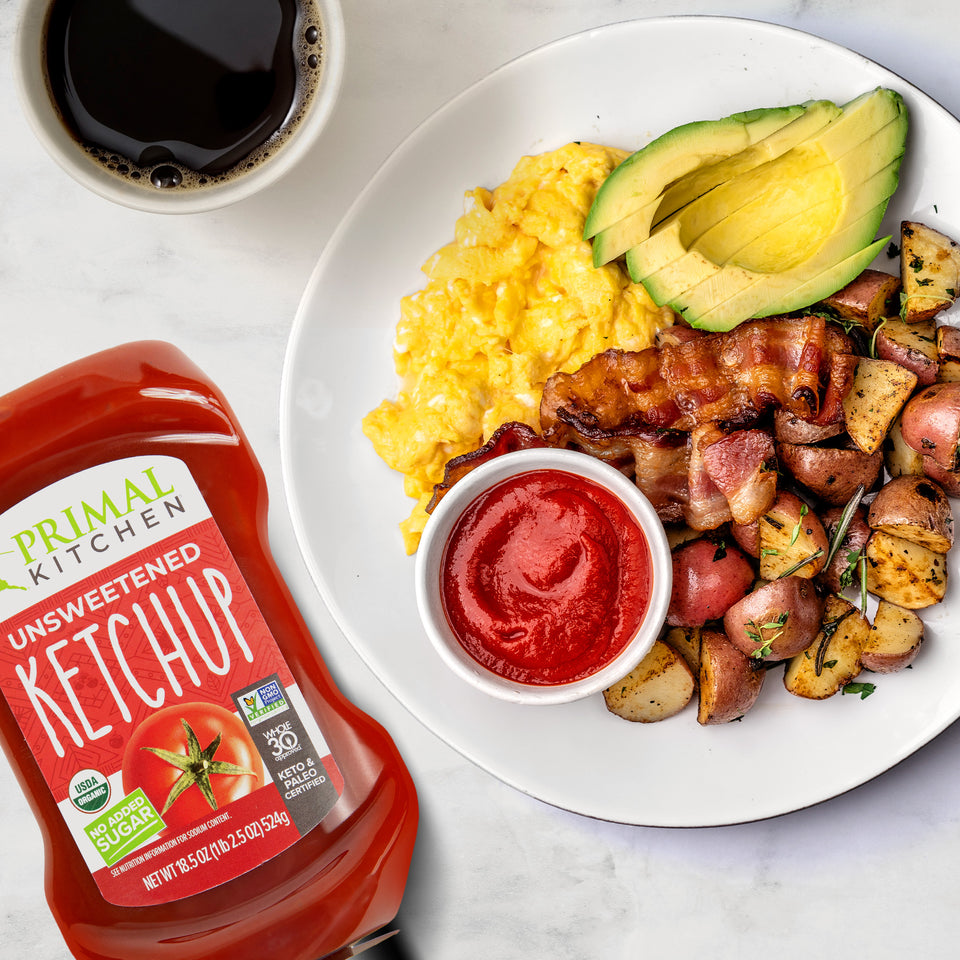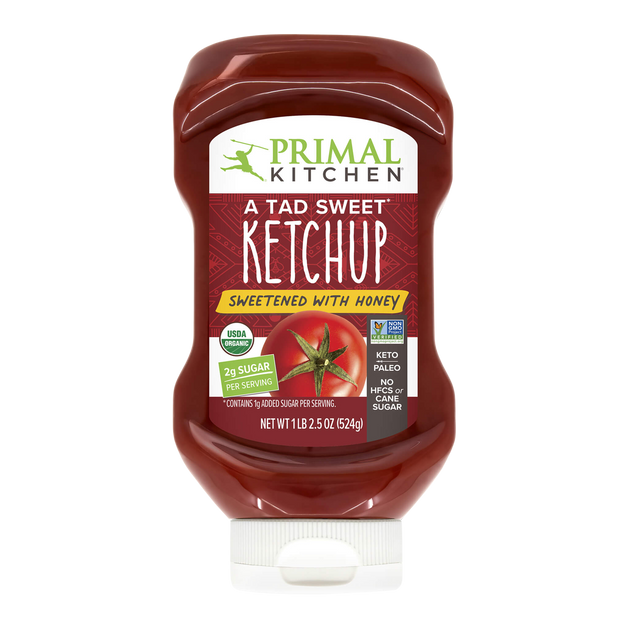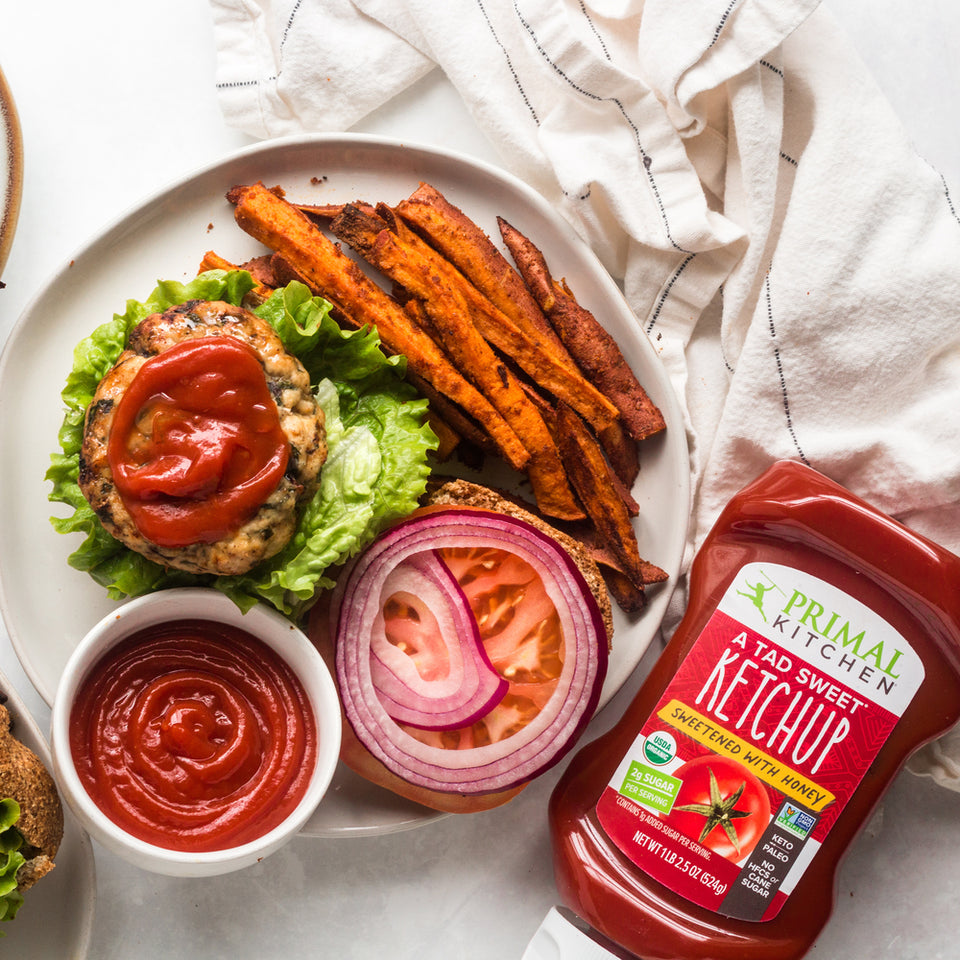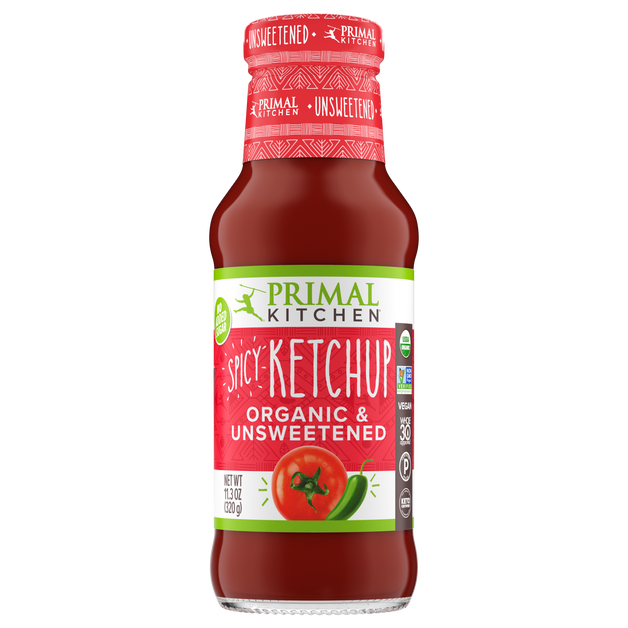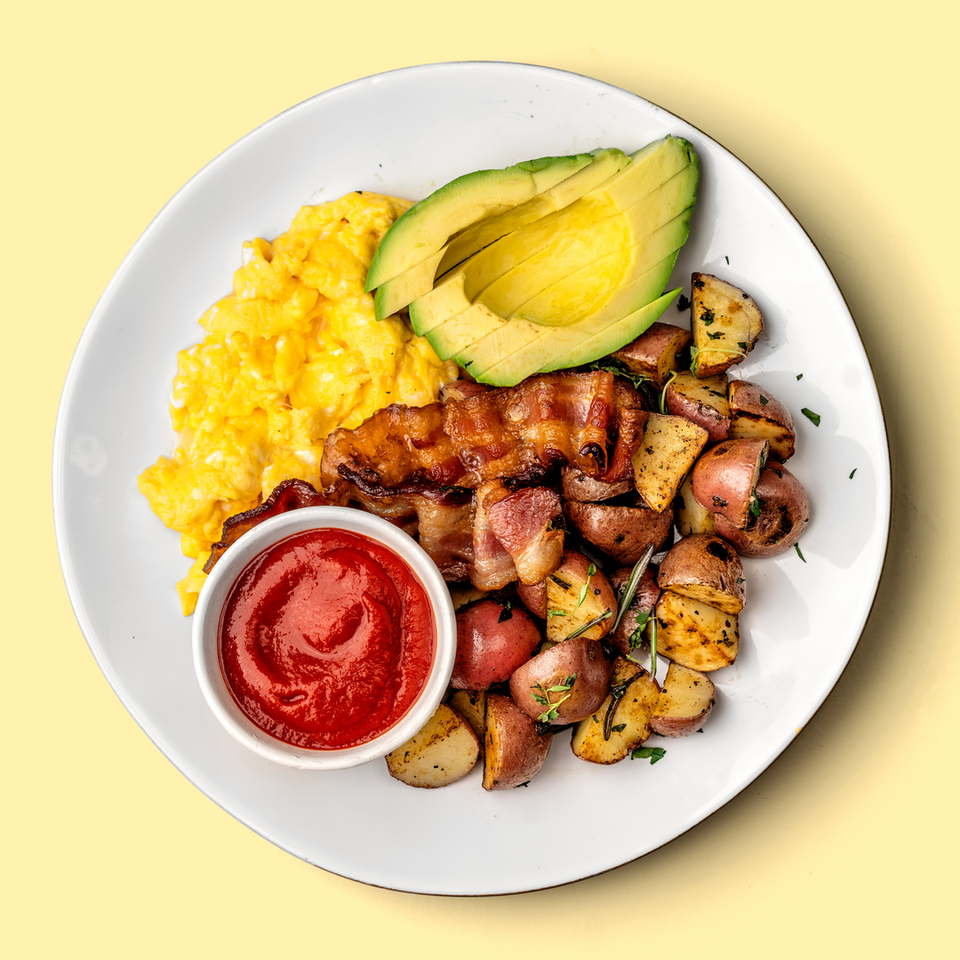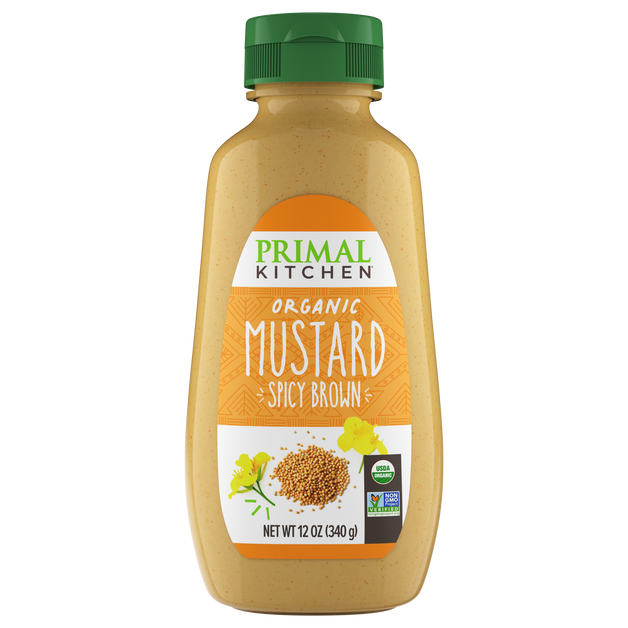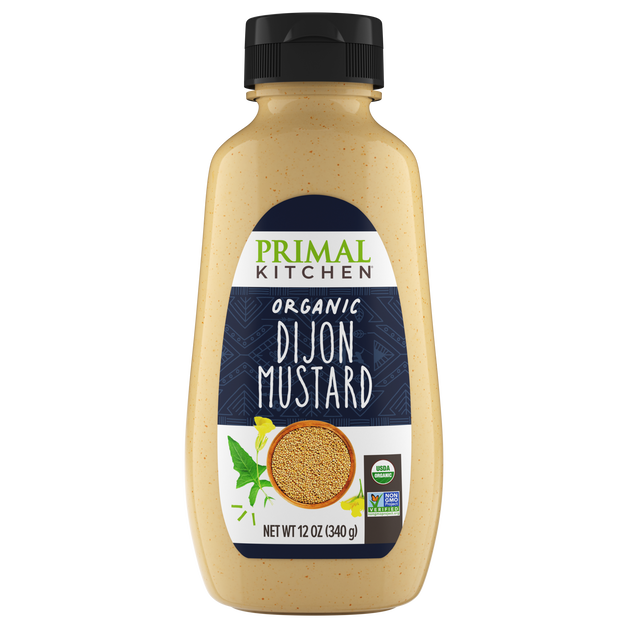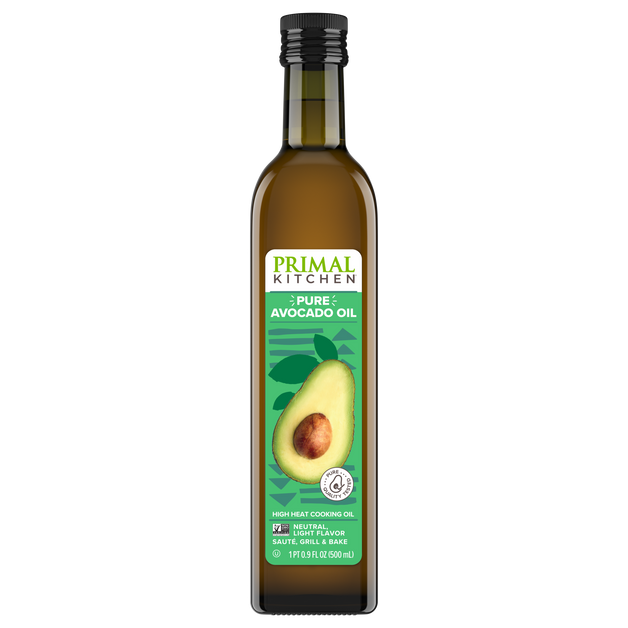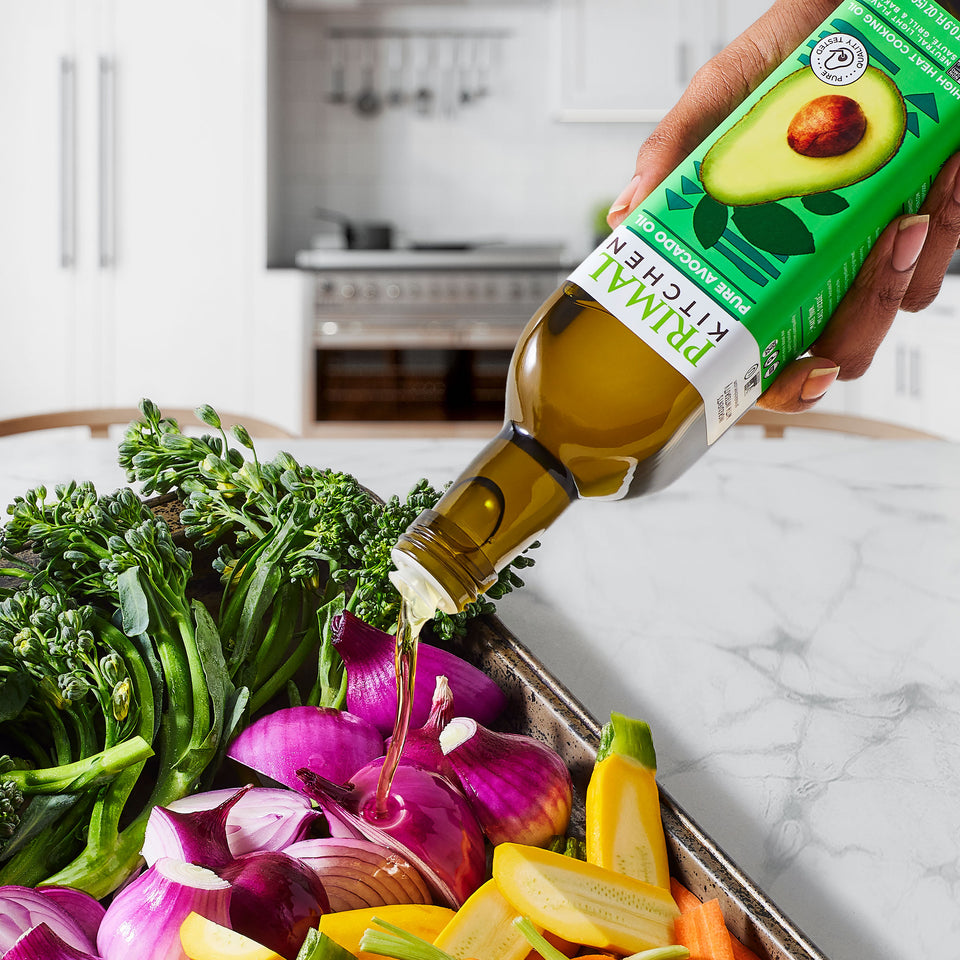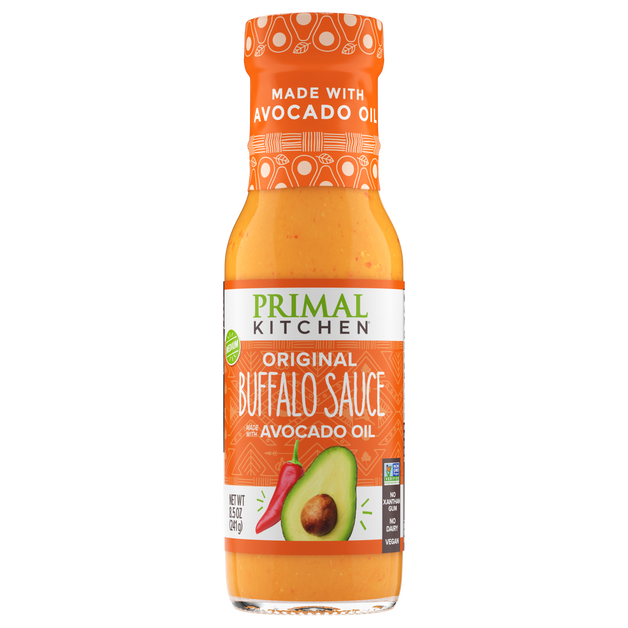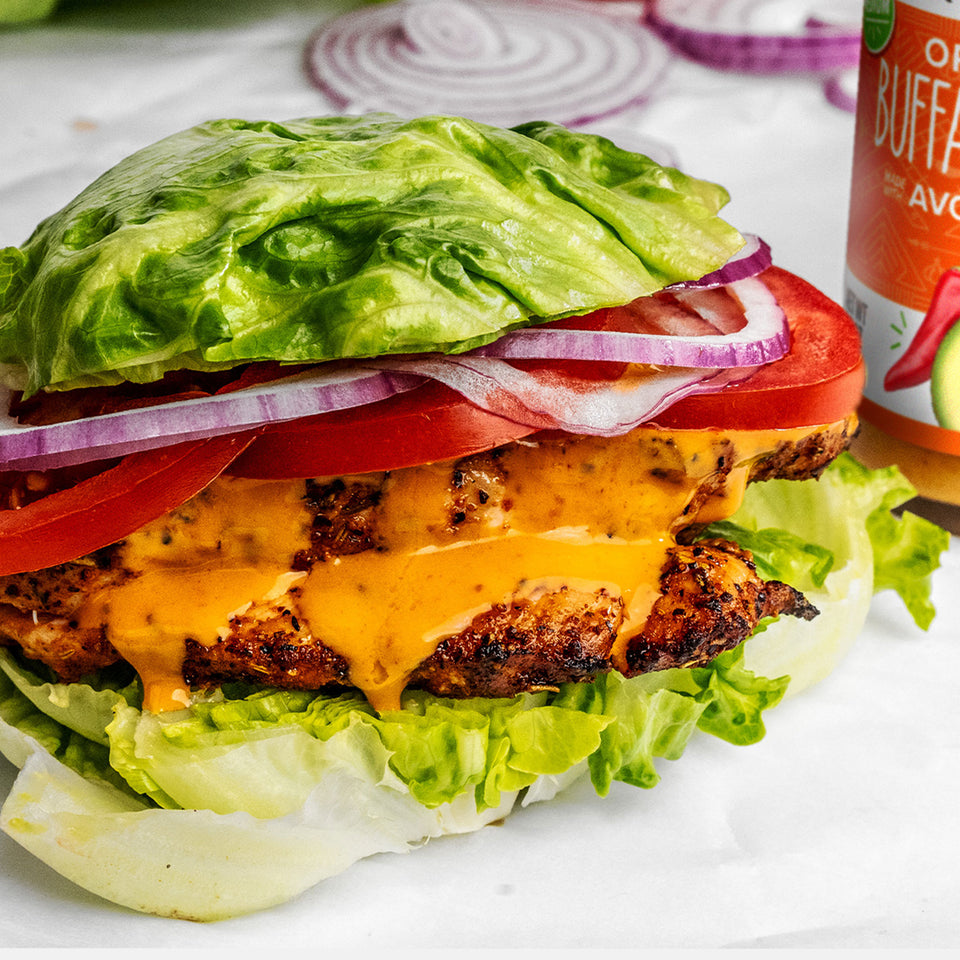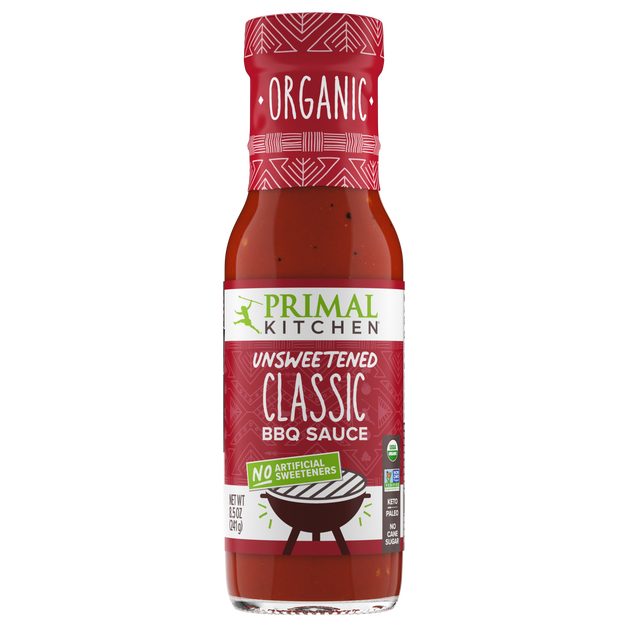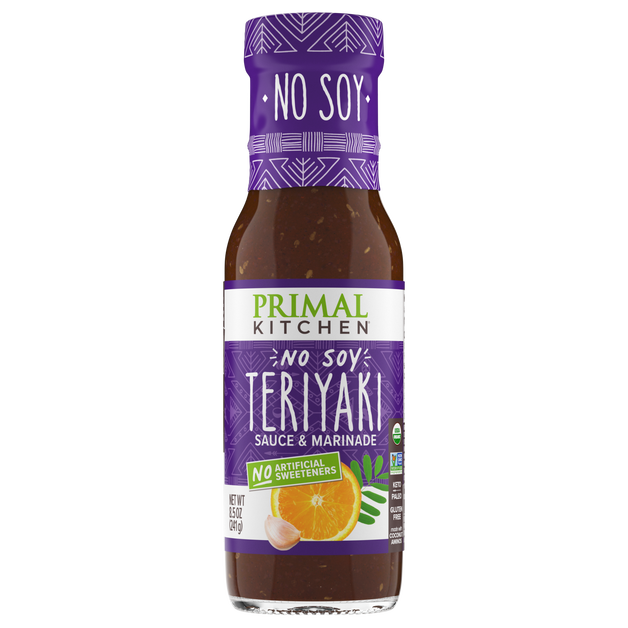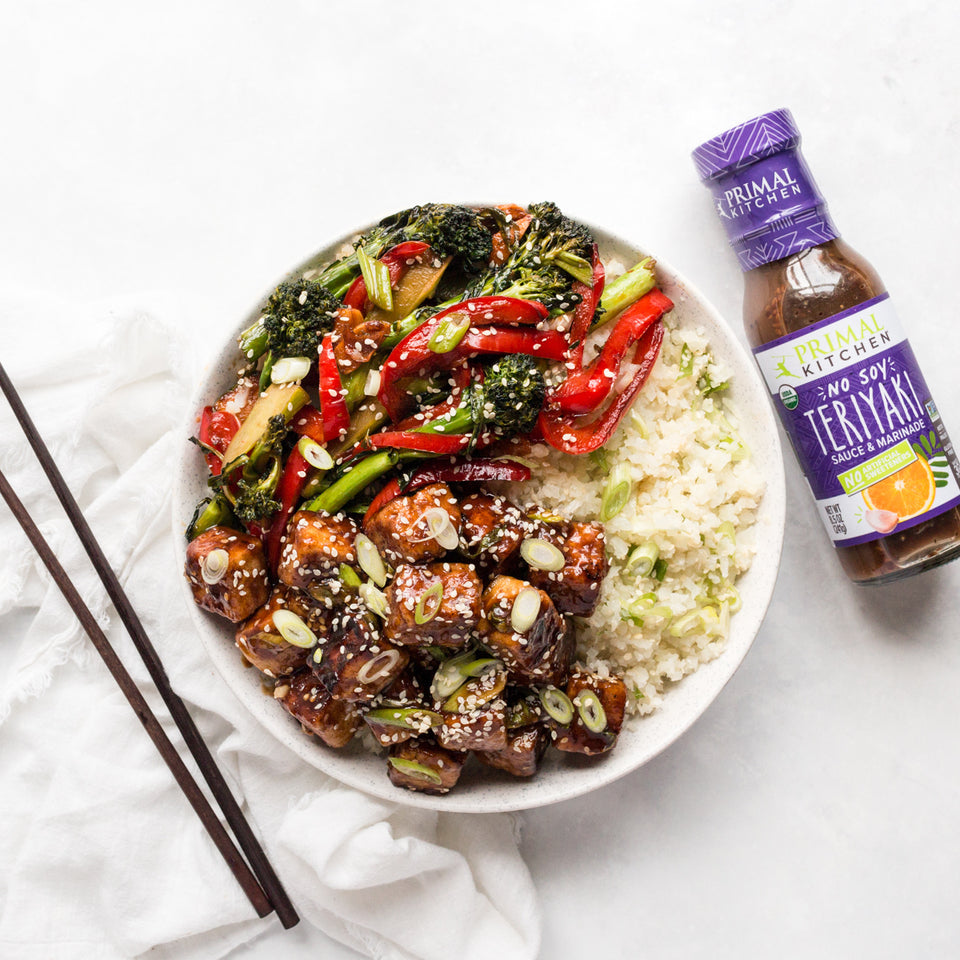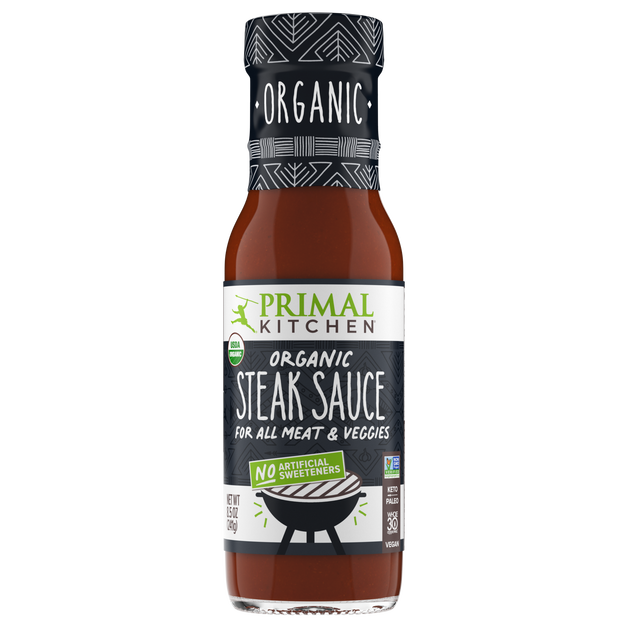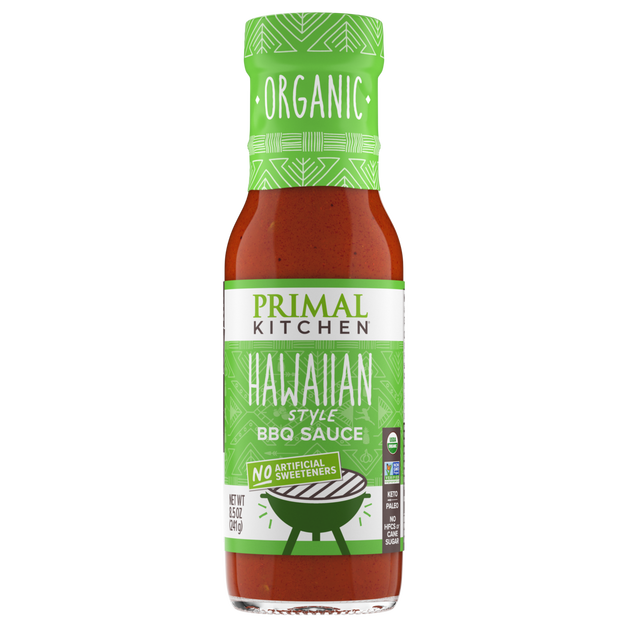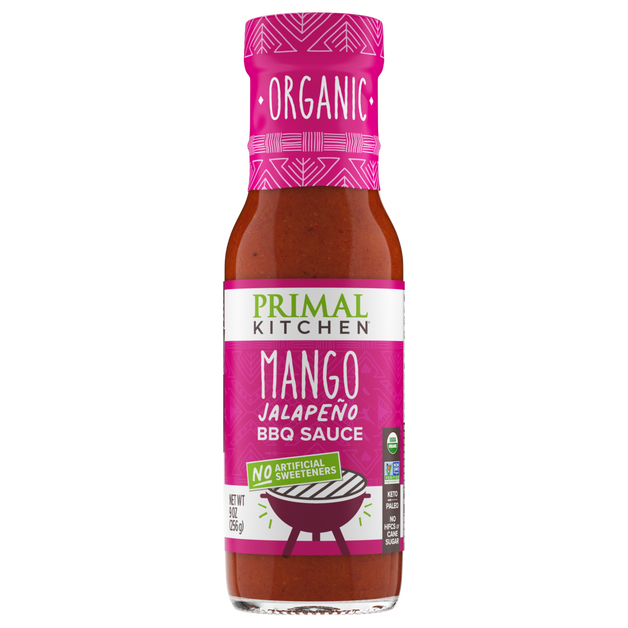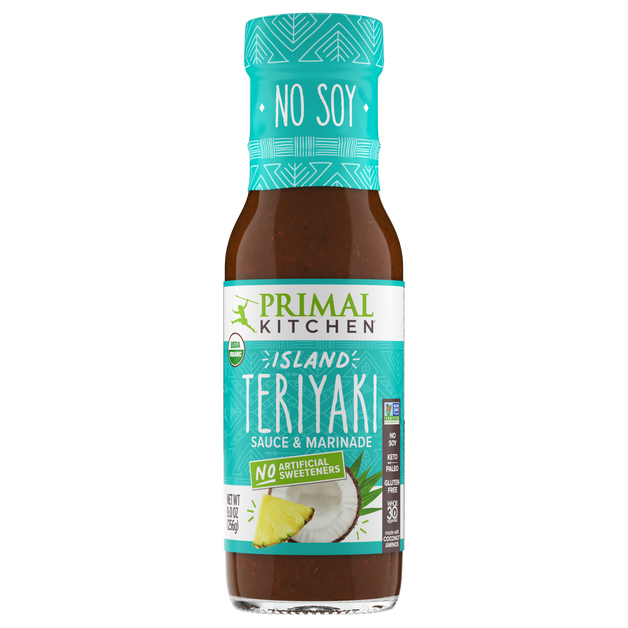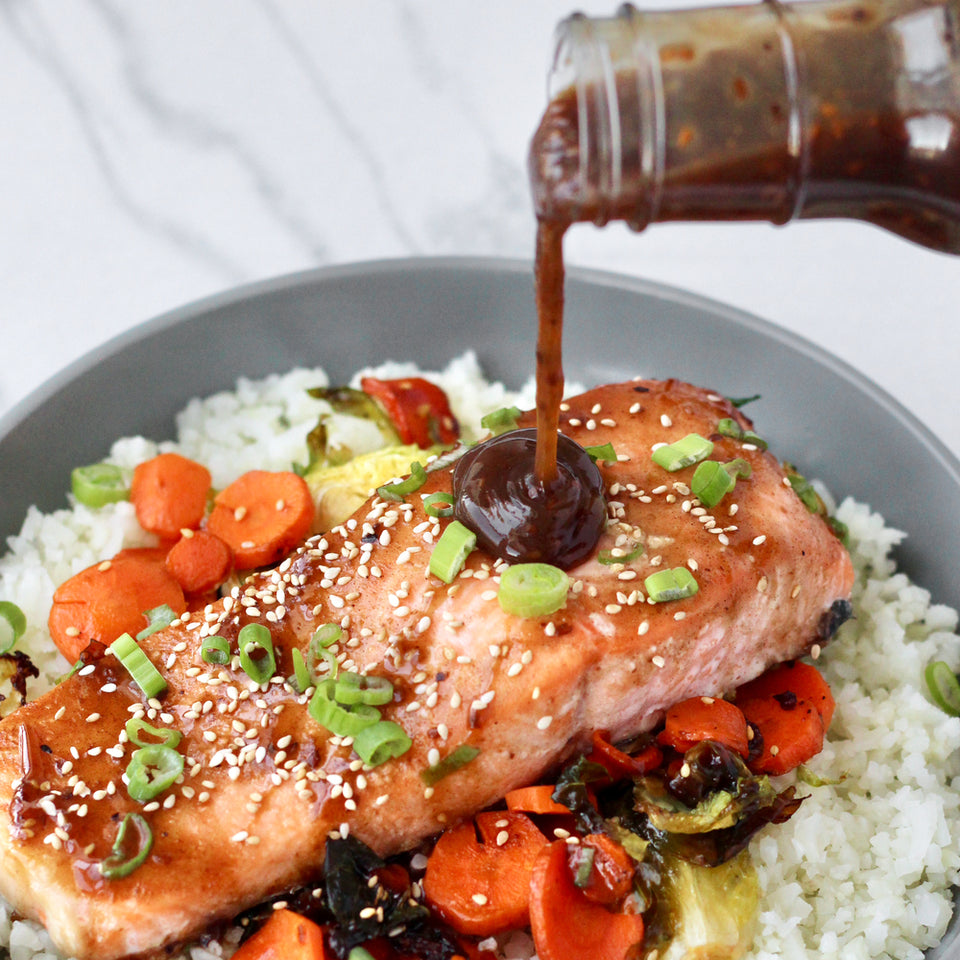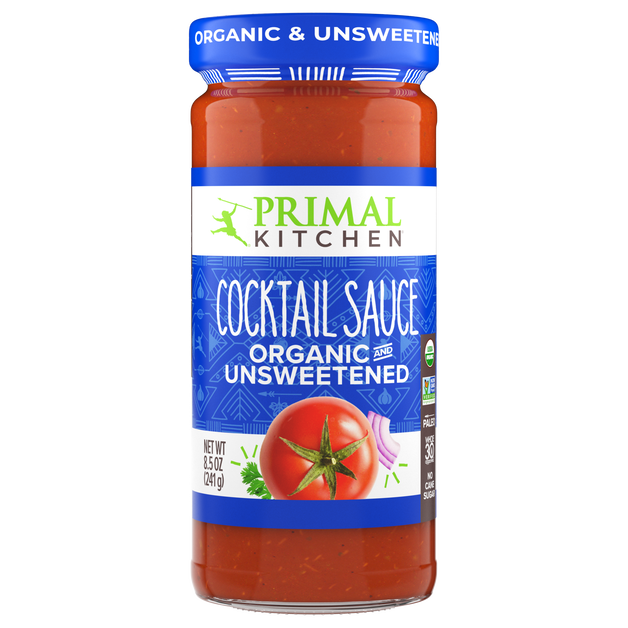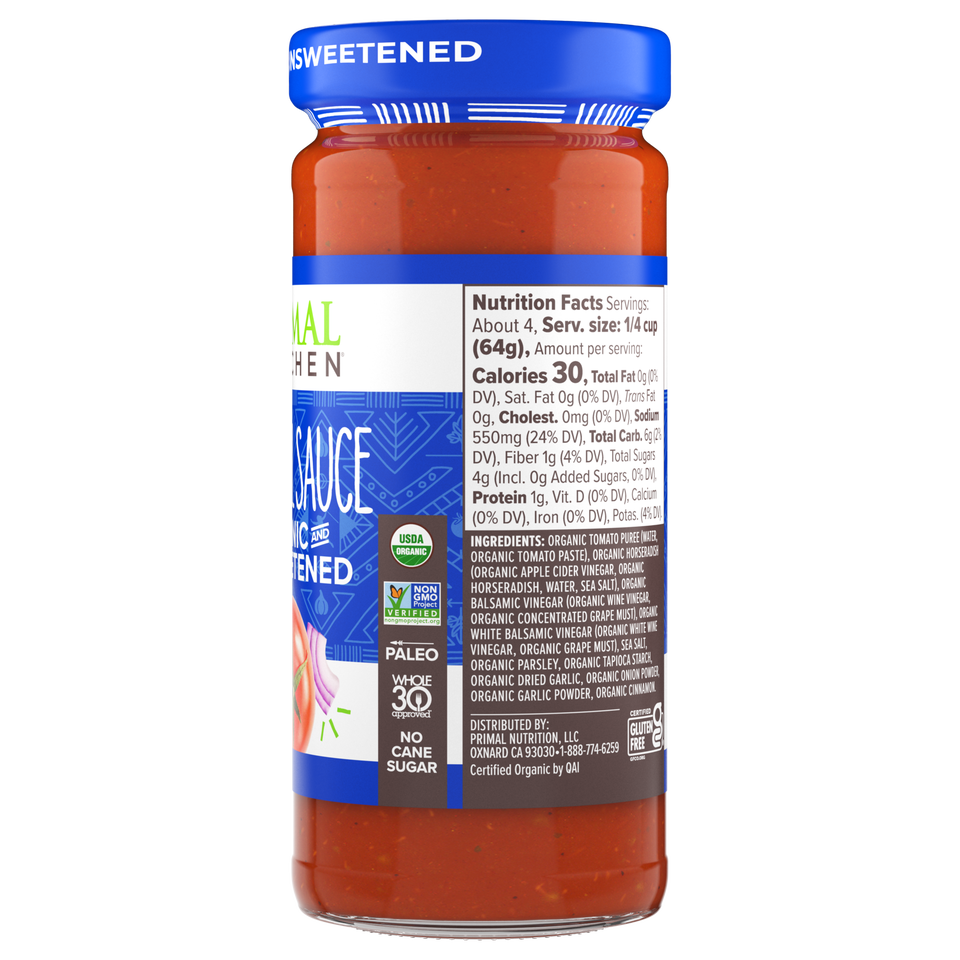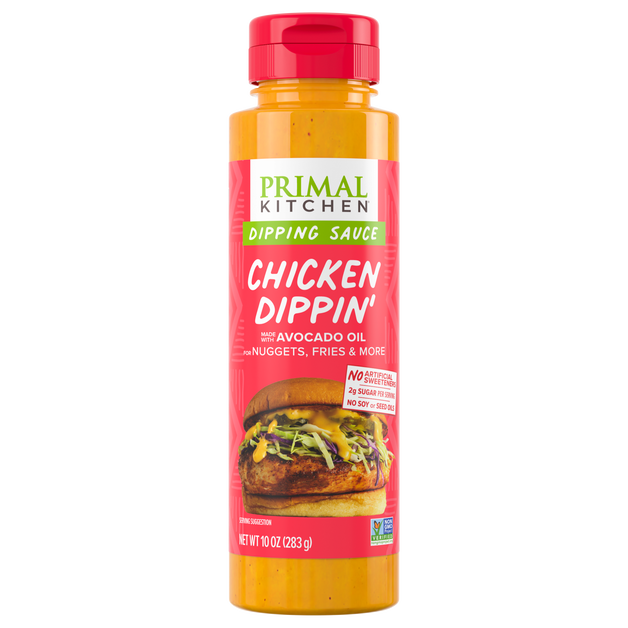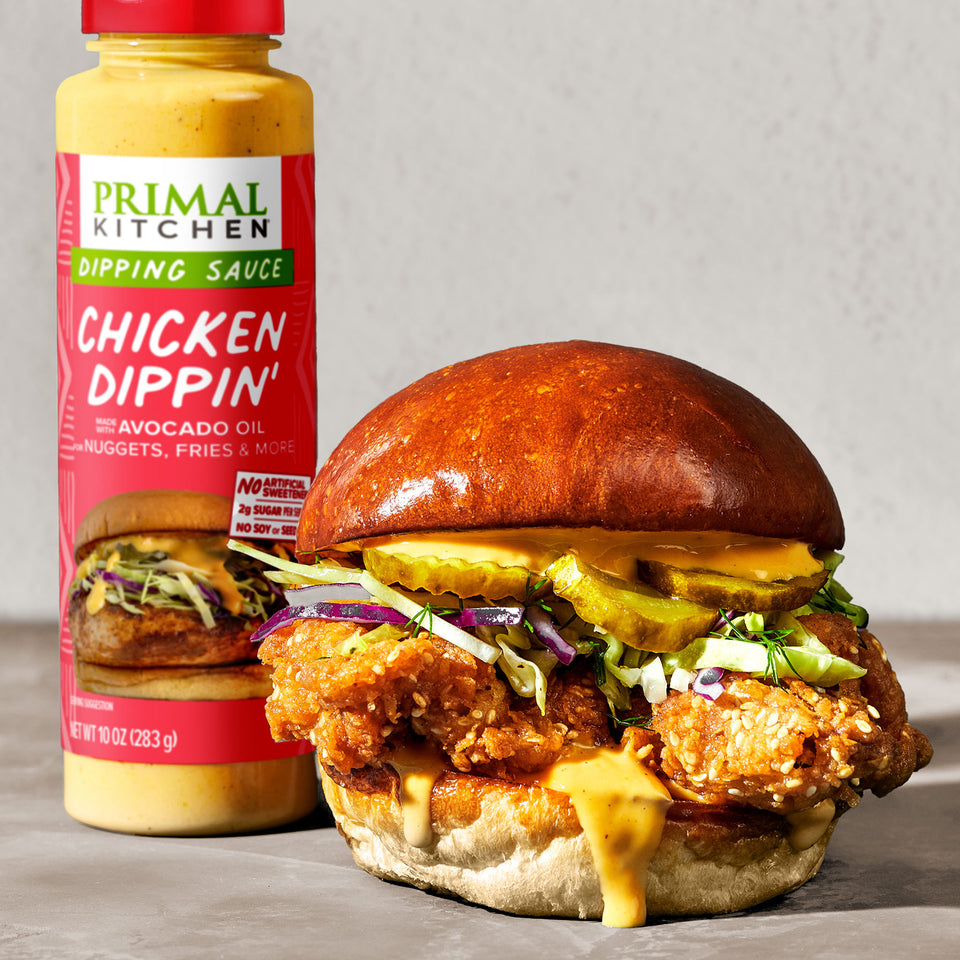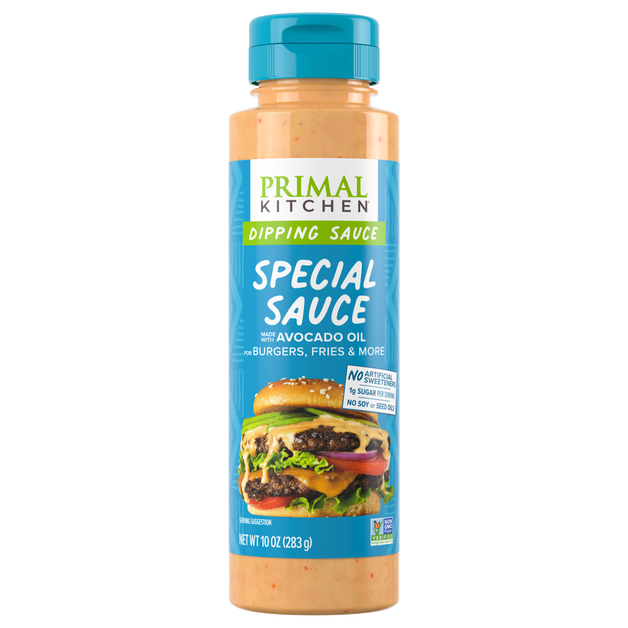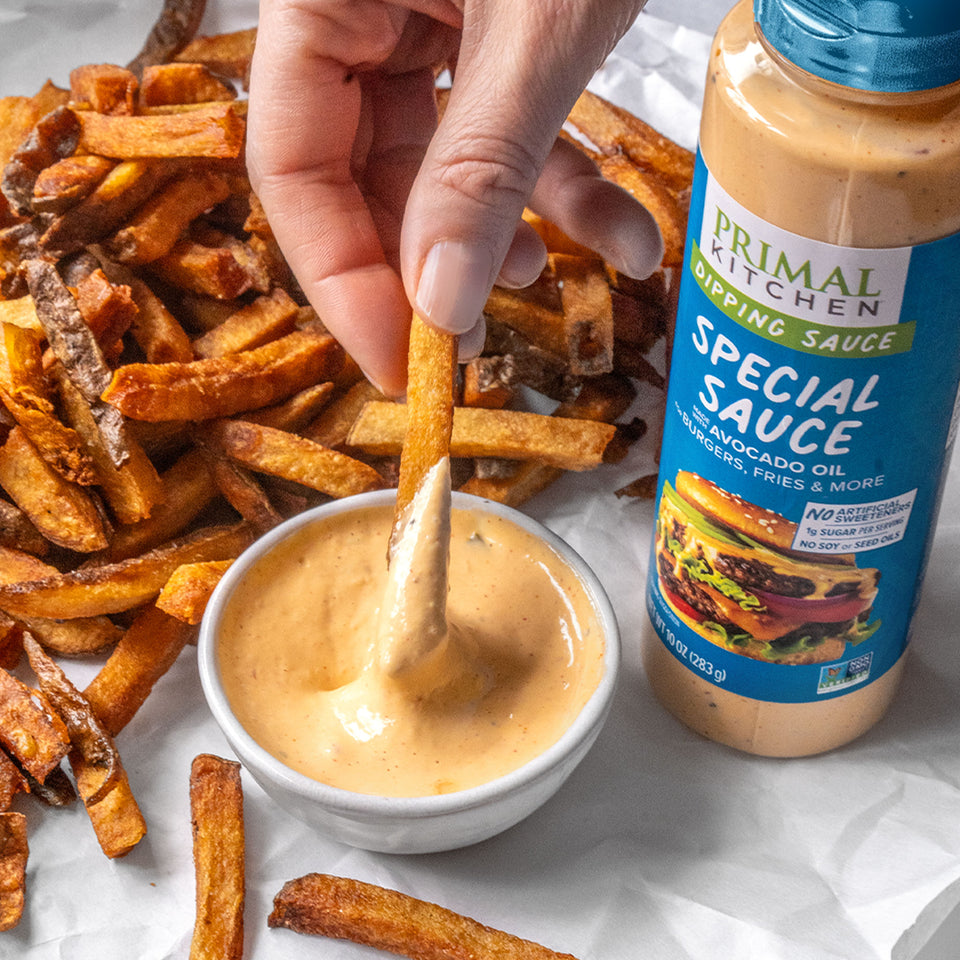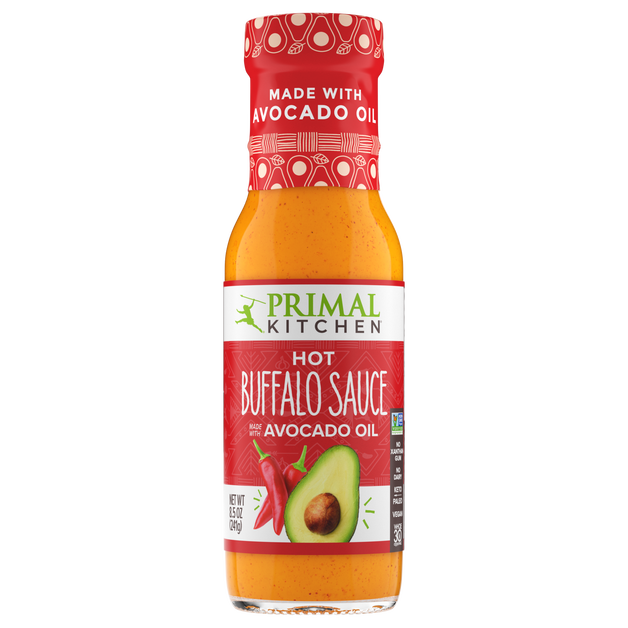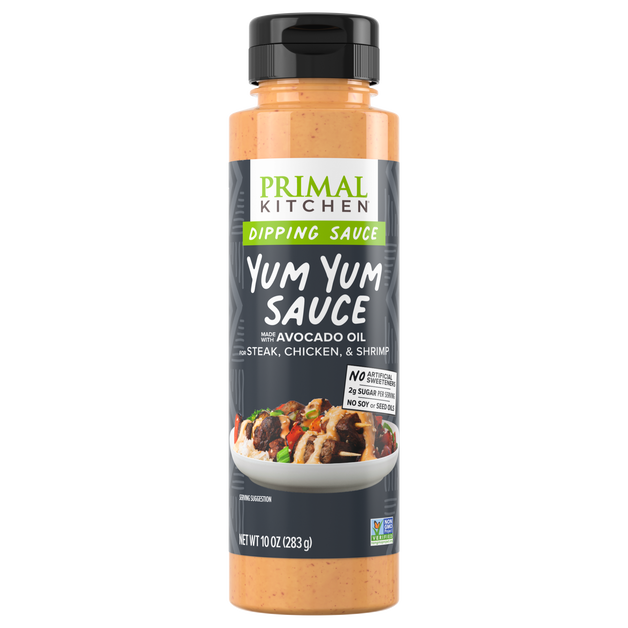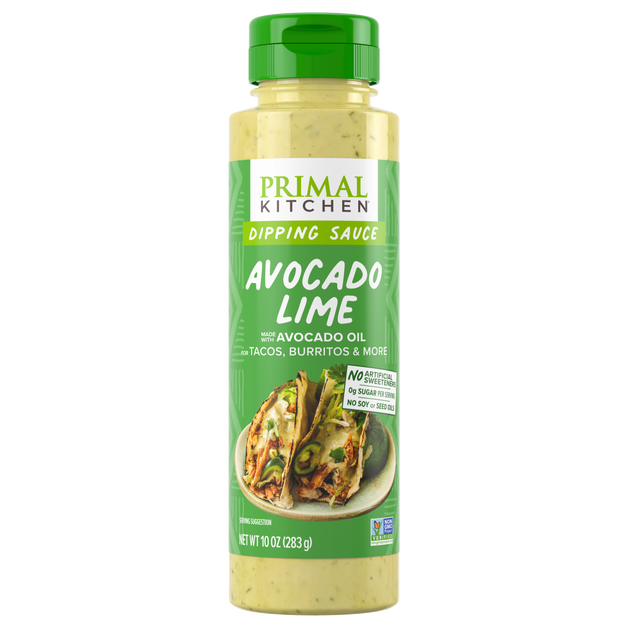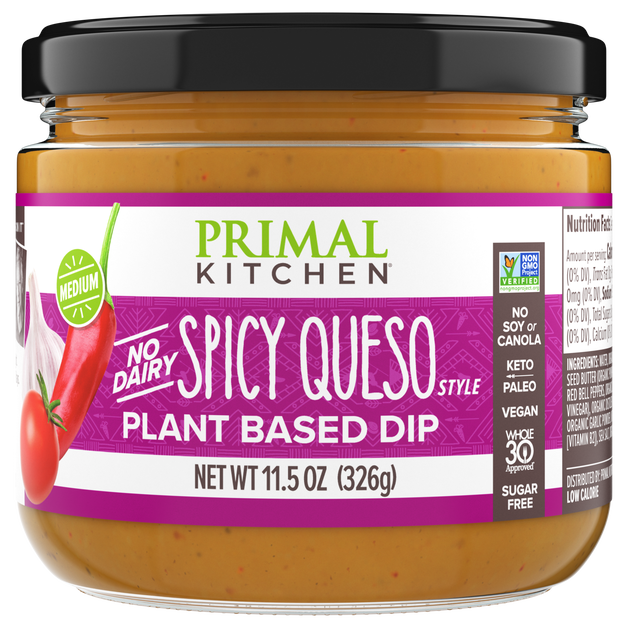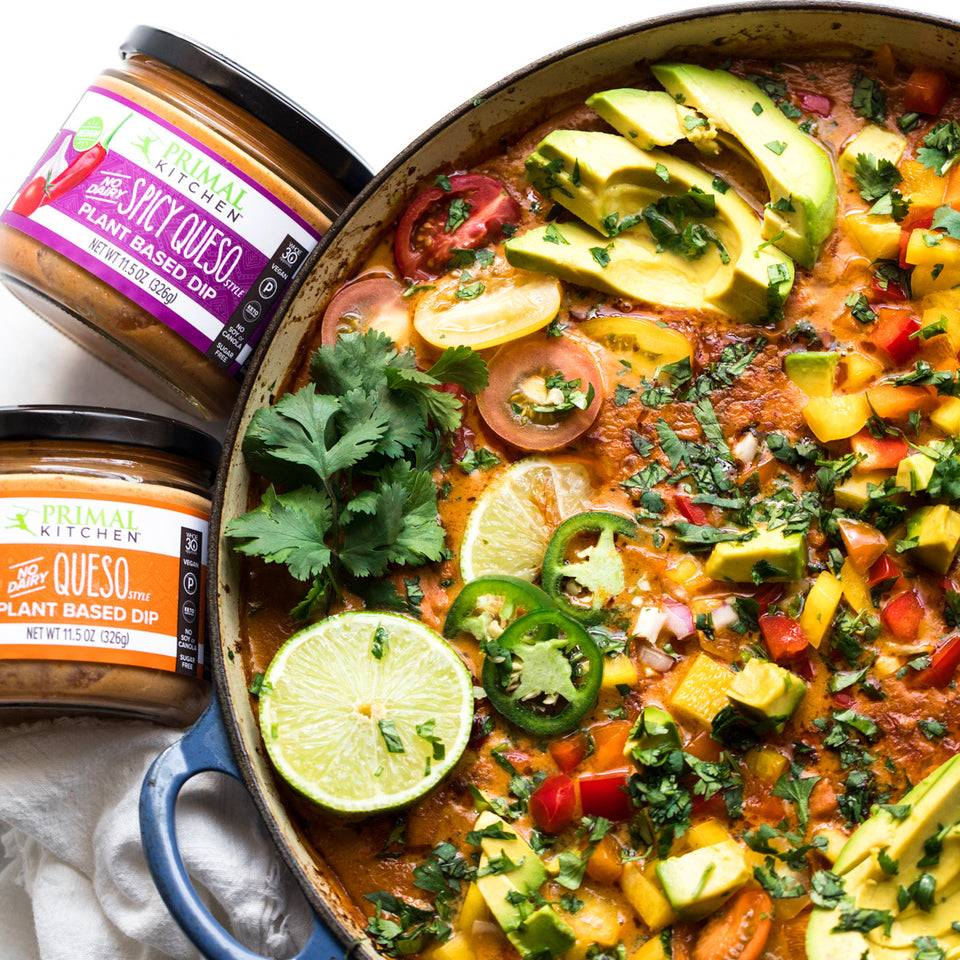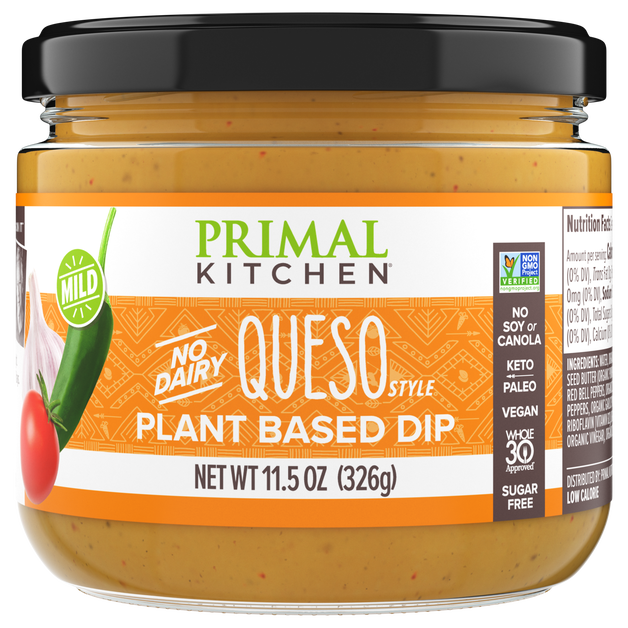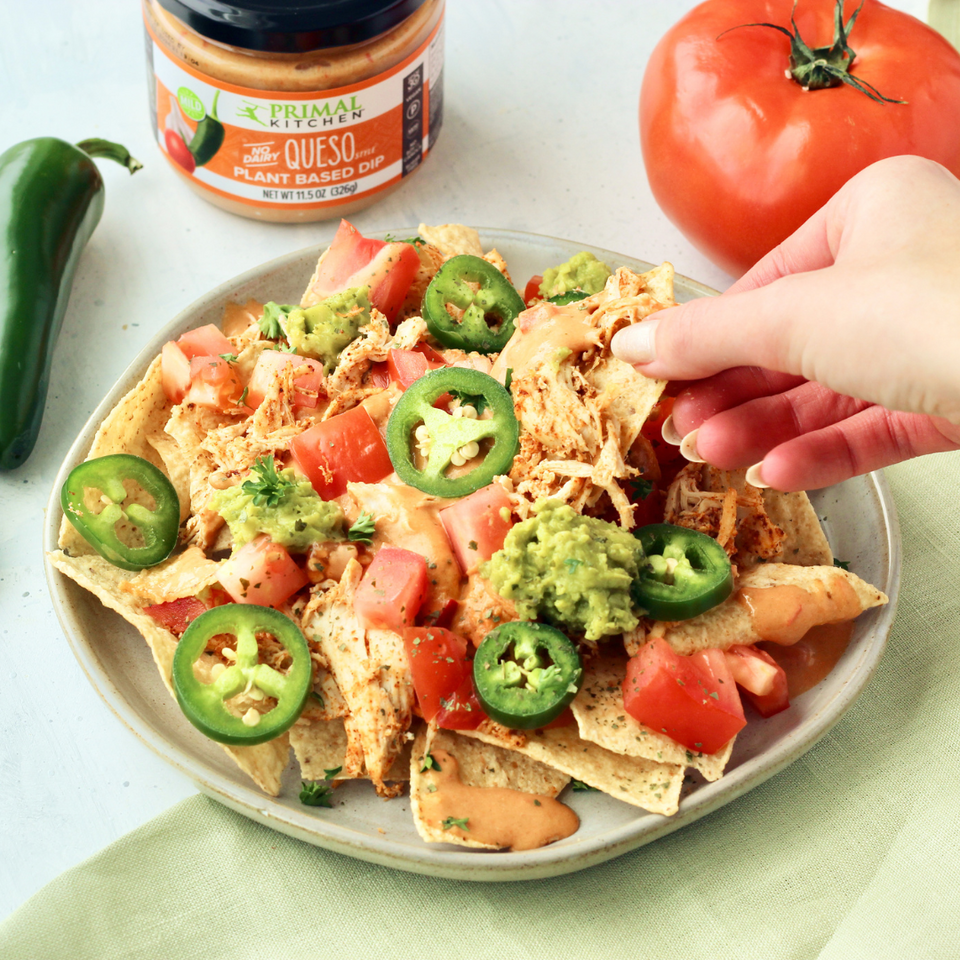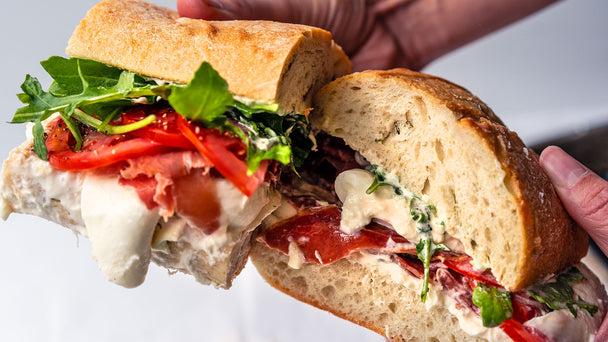Wandering the supplement aisles of your local health food store, it can be hard to sort through all the different options and decide which ones might be right for you. In the sea of pills and powders, one that’s definitely worth paying attention to is bovine collagen peptides.
Collagen is a type of protein, one of the three macronutrients (along with fat and carbohydrates) that you get from food. Macronutrients deliver the energy and building blocks your body needs to function properly.
Here’s all the info you need to understand what collagen peptides are and how you can increase your daily collagen intake.

What Is Collagen?
All the structures of your body contain protein, and the most abundant type of protein in the human body is collagen. Collagen is in your skin, bones, muscles, connective tissues, organs, blood vessels—even your eyes! Think of it as one of the major building blocks of you.
All protein is made up of smaller units called amino acids. When you eat foods that contain protein, your body uses the amino acids for growth, maintenance, and repair, kind of like taking care of a house. Animal products (meat, dairy, and eggs) and plants all contain different amounts of specific amino acids. The types of amino acids in collagen make it unique. Collagen provides the building blocks for healthy hair, skin, and nails.
You can get collagen from your diet by consuming animal products. Bovine collagen peptide supplements can also boost your intake of this important type of protein. Primal Kitchen Collagen Peptides deliver 11 grams of collagen protein per serving. Note that collagen is not considered a “complete” protein because it lacks tryptophan, one of the nine essential amino acids the body cannot make for itself. For that reason, it’s still important to consume enough complete protein from other animal and plant sources to meet your daily protein needs.
What Are Collagen Peptides?
When perusing the labels on collagen supplements, you’ll probably notice the term “collagen peptides.” Collagen peptides are just collagen proteins that have been broken down into smaller pieces for easier absorption. This process is called hydrolysis, so sometimes you’ll see the word “hydrolyzed” on the label, too. It’s all just collagen protein.
As long as we’re talking terminology, another word you might see is “bovine,” which tells you the collagen comes from cows, just like beef. Most collagen peptide supplements are bovine collagen unless otherwise stated.
Who Should Take Collagen? What Are the Benefits?
You might be wondering, “Should I be taking collagen? What if I already get protein from plants or animal products?”
Recall that protein is made up of amino acids, but not all protein sources are created equal in terms of supplying the amino acids your body needs. Bovine collagen is particularly rich in an amino acid called glycine. Glycine is considered “conditionally essential.” That means your body can produce some of what it needs on its own, but it also has to get some from food or supplements.
Our ancestors got dietary collagen by eating truly nose-to-tail. They ate organs and skin, gnawed on the bones, and boiled down all the bits and bobbles of the animals they consumed. Most folks don’t eat that way anymore, so the typical person might get only a fraction of the collagen that used to. This is where collagen supplements come in.
A common question is whether men and women both benefit from taking collagen. To that we reply: do men and women both have skin, hair, and nails? The answer to both questions is yes!
Collagen Versus Whey Protein
What if you already use a whey protein supplement like Primal Fuel? Can you still add collagen?
Yes! They’re both great but for slightly different reasons. Whey protein is particularly rich in the amino acid leucine, making it a favorite among athletes, bodybuilders, and others looking to build up their muscles. Collagen provides a different composition of amino acids and is high in glycine. You can take both whey and collagen on a daily basis.

When Should You Take Collagen?
Our favorite way to incorporate collagen into your morning routine is to add it to your morning tea or coffee. Unflavored Collagen Peptides are the way to go for black coffee and tea purists. They dissolve seamlessly and won’t change the flavor or texture of your favorite brew. On the other hand, Primal Kitchen Vanilla Collagen Fuel and Chocolate Collagen Fuel add creamy sweetness to your at-home latté or mocha. Primal No Dairy Hazelnut Collagen Creamer is also a dreamy addition to your morning cup of joe.
Not a coffee drinker? No problem. Make collagen hot chocolate by adding a scoop of sugar-free Chocolate Collagen Fuel to warm milk or non-dairy milk of your choice. Or, simply mix Chai Tea or Matcha Collagen Latte Drink Mix into hot water or your favorite milk for a delicious warm beverage. You can also serve it over ice if you prefer.
Pro tip: To blend collagen into cold beverages, try mixing it first into a small amount of warm water. Use a mini-whisk or frother to create a slurry, then keep the frother going as you pour in the cold drink. Add ice last.
Of course, you don’t have to stop at beverages. You can add collagen to just about anything you stir, whisk, or blend. Mix collagen peptides into soups, stews, or pasta sauces. Toss them in the blender with smoothies and shakes. Stir them into yogurt or cottage cheese. (Making the viral cottage cheese wraps? Add collagen!) Scramble them into eggs. The sky’s the limit.
No matter how you incorporate collagen into your day, you’ll enjoy 11 grams of collagen per serving when you use Primal Kitchen Collagen.
